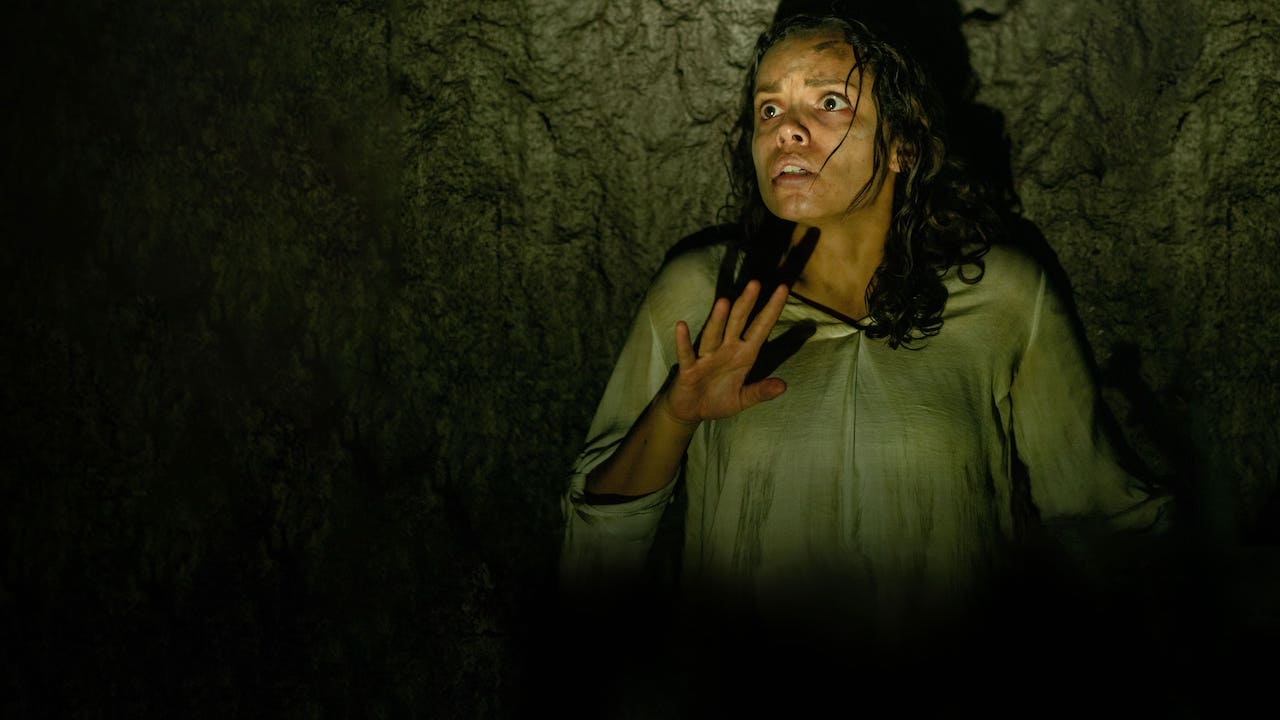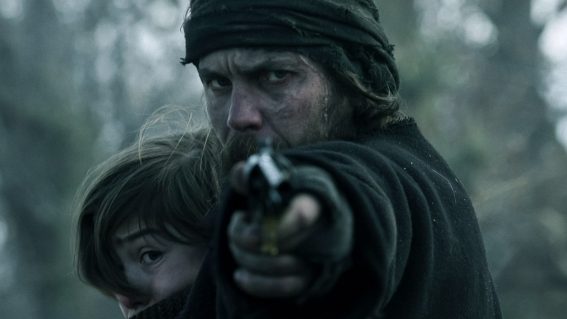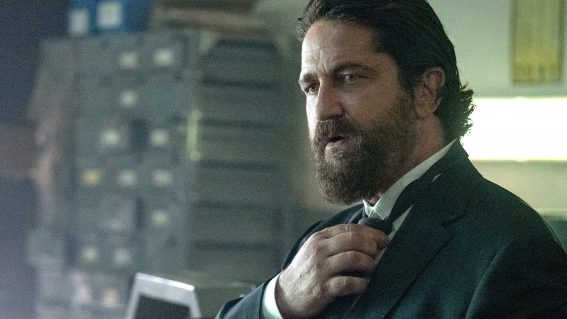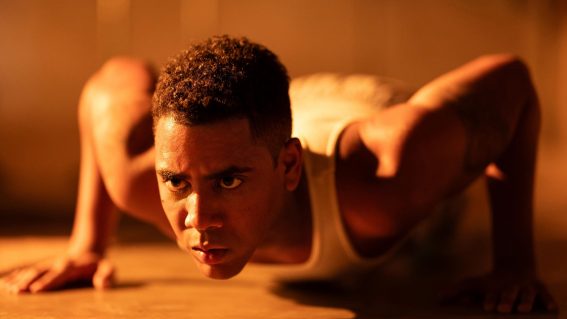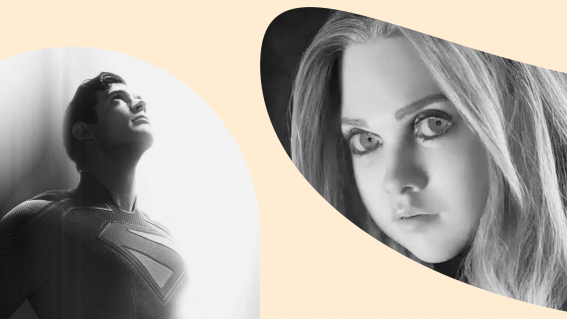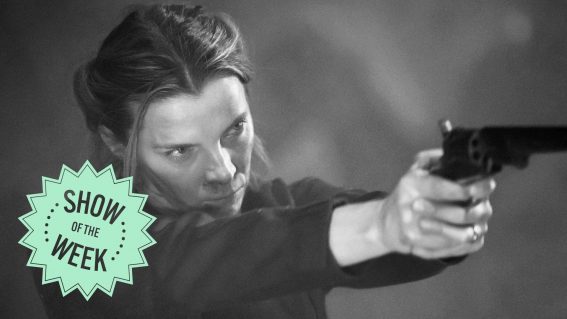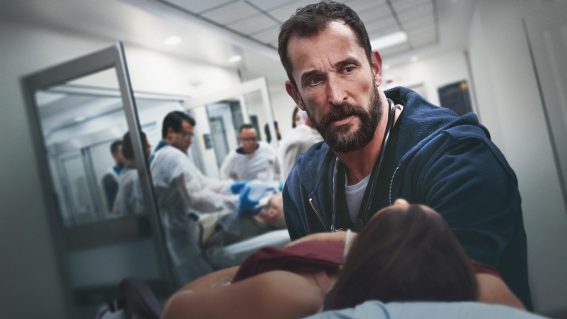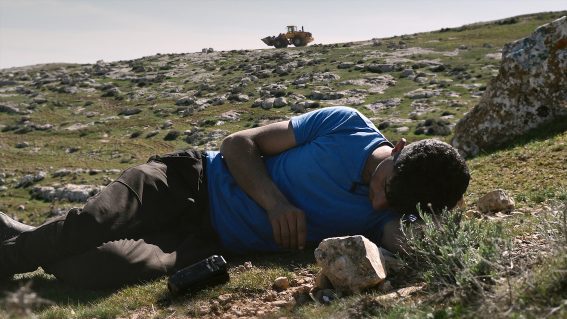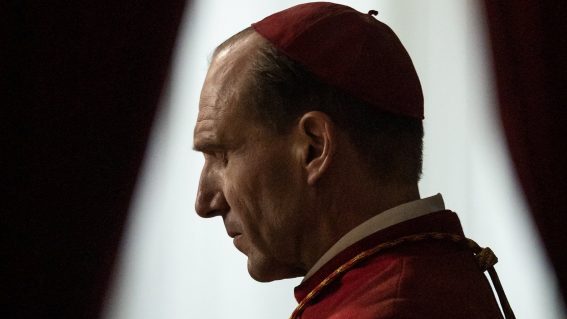Archive of movies formerly on list of Prime Video’s top 50
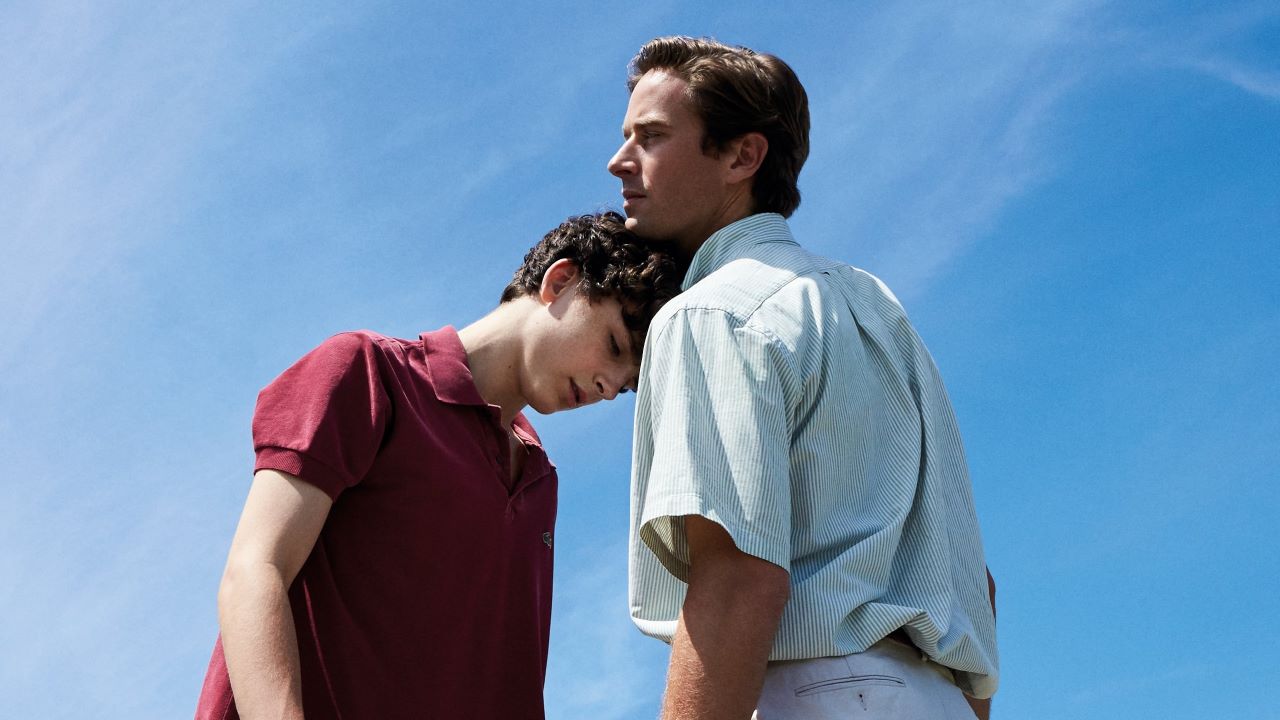
Once upon a time, Craig Mathieson chose these films as some of the best movies streaming on Prime Video for Australian subscribers, but they’ve since been removed from the platform. Here you can check out his archived capsule reviews, and click on each title to find their new streaming homes! Simple.

1984 (1984)
There was always going to be a film version of George Orwell’s enduringly influential novel of totalitarian dominance in the year of its iconic title. Thankfully filmmaker Michael Radford was able to capture its dystopian extremes with John Hurt as the bureaucrat who dares to grasp at freedom and Richard Burton, magnificent in his final screen role, as the ruling system’s unyielding tormentor.
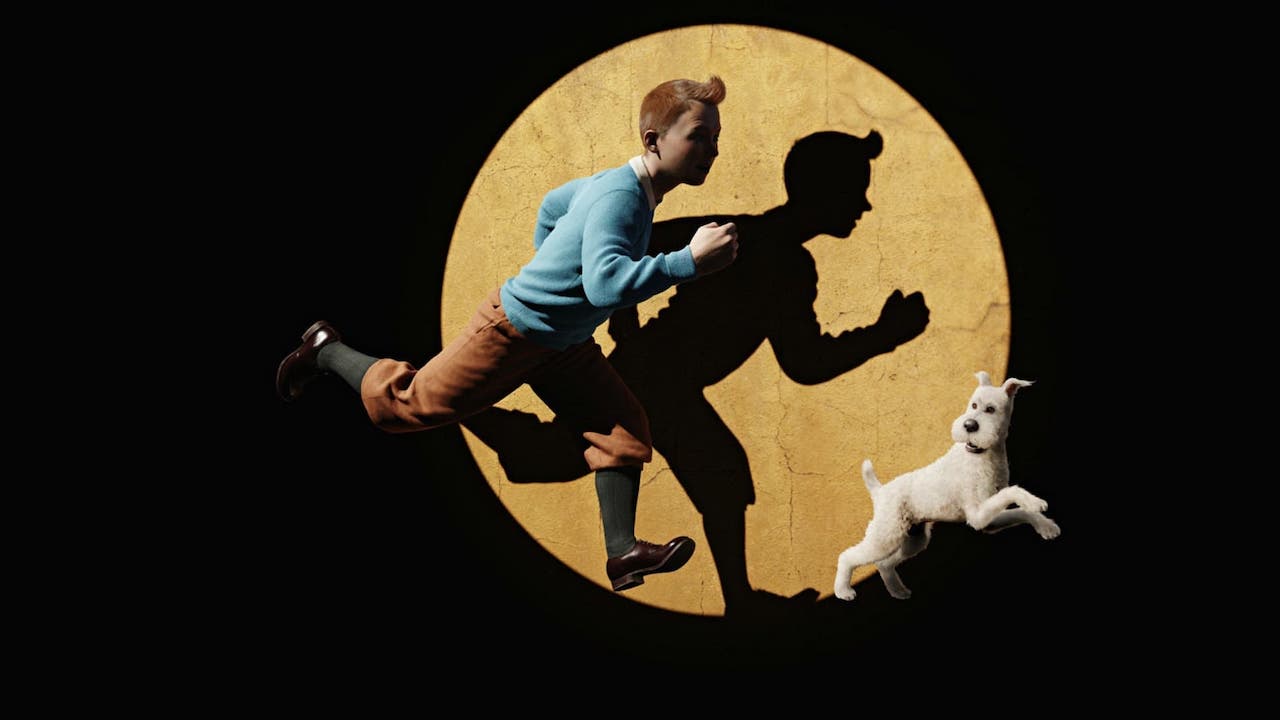
The Adventures of Tintin (2011)
Steven Spielberg mixes voice work, motion-capture footage and digital effects to create this rip-roaring adaptation of the much-loved Herge comic character. There are action sequences here the equal of Raiders of the Lost Ark, with Jamie Bell’s boy reporter and Andy Serkis’ salty sea captain taking on Daniel Craig’s globe-trotting villain. Great, great fun.
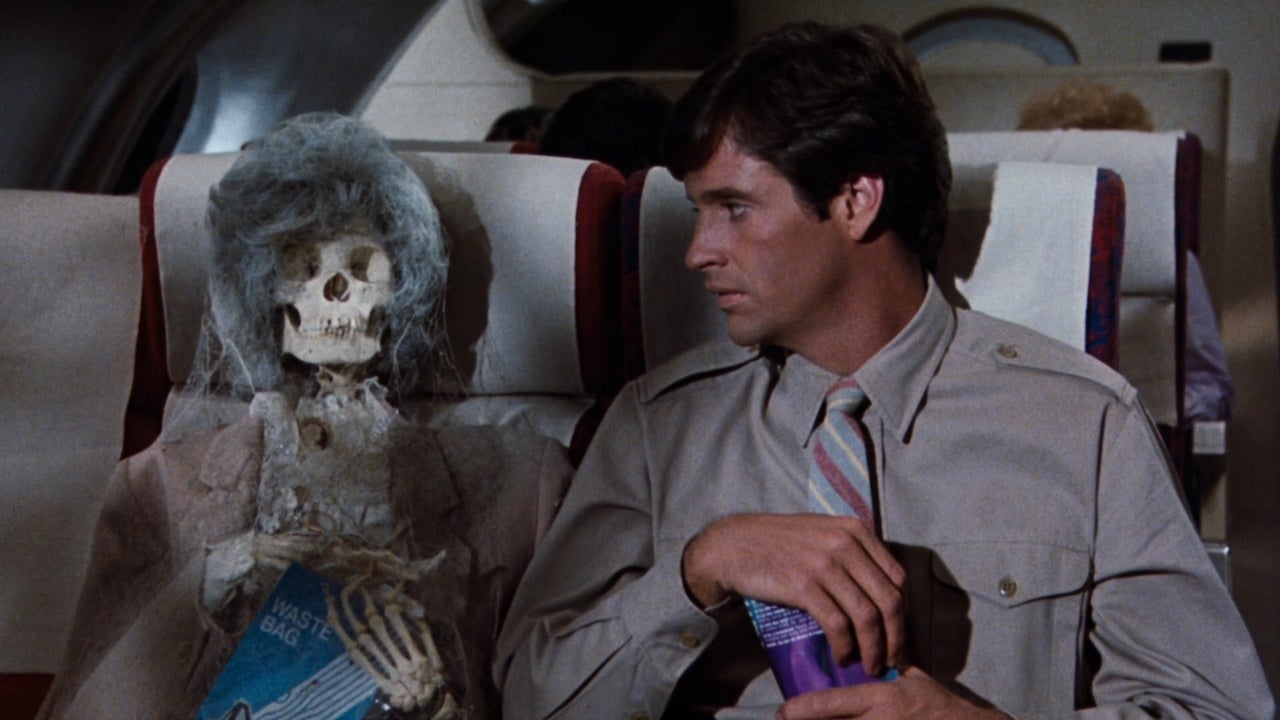
Airplane! (1980)
Almost certainly the only film selected for preservation by the Library of Congress that features a line like, “I am serious. And don’t call me Shirley”, this memorably madcap parody of 1970s aviation disaster films is a cavalcade of absurd jokes, sight gags, loopy sketches, and ludicrous asides. The nuttiness is non-stop.
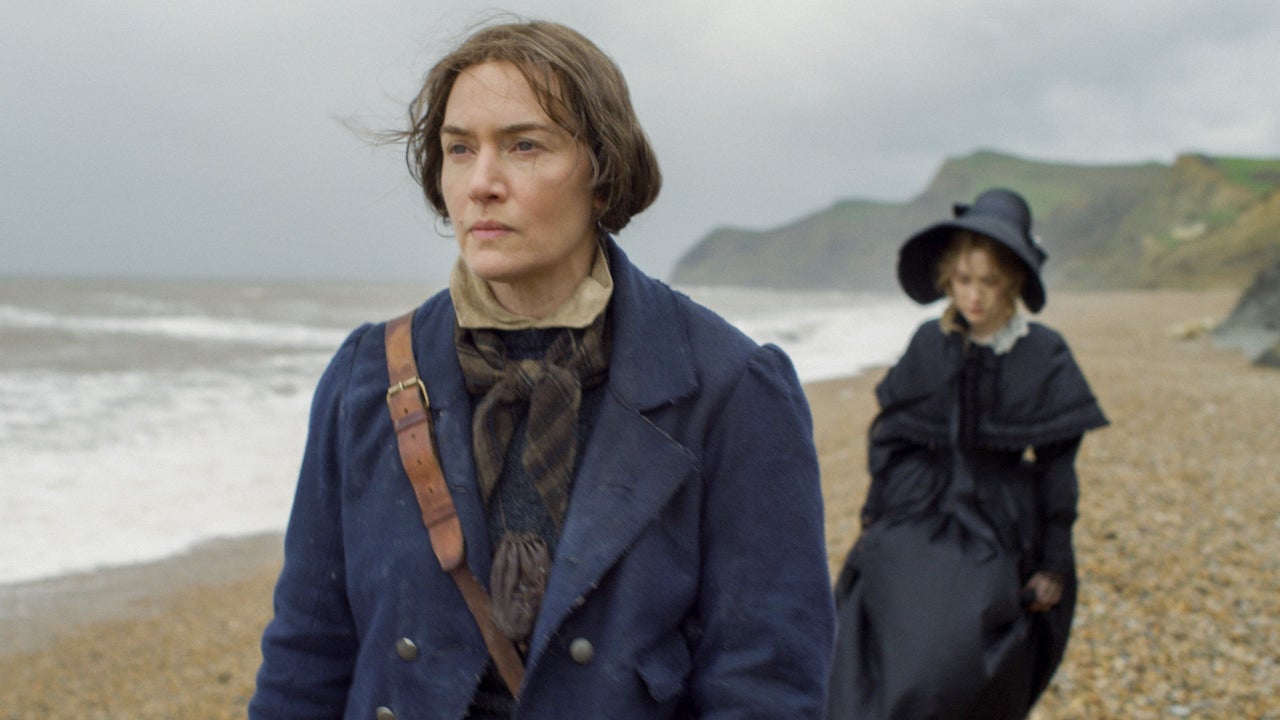
Ammonite (2020)
How’s this for persuasion? This 19th century drama about an illicit romance stars Kate Winslet and Saoirse Ronan. That’s an elite pairing of actors, and they’re used with great restraint and emotional need by director Frances Lee, who proved with God’s Own Country that he implicitly understands how deep and dangerous desire can run. The leads’ chemistry is undeniable.
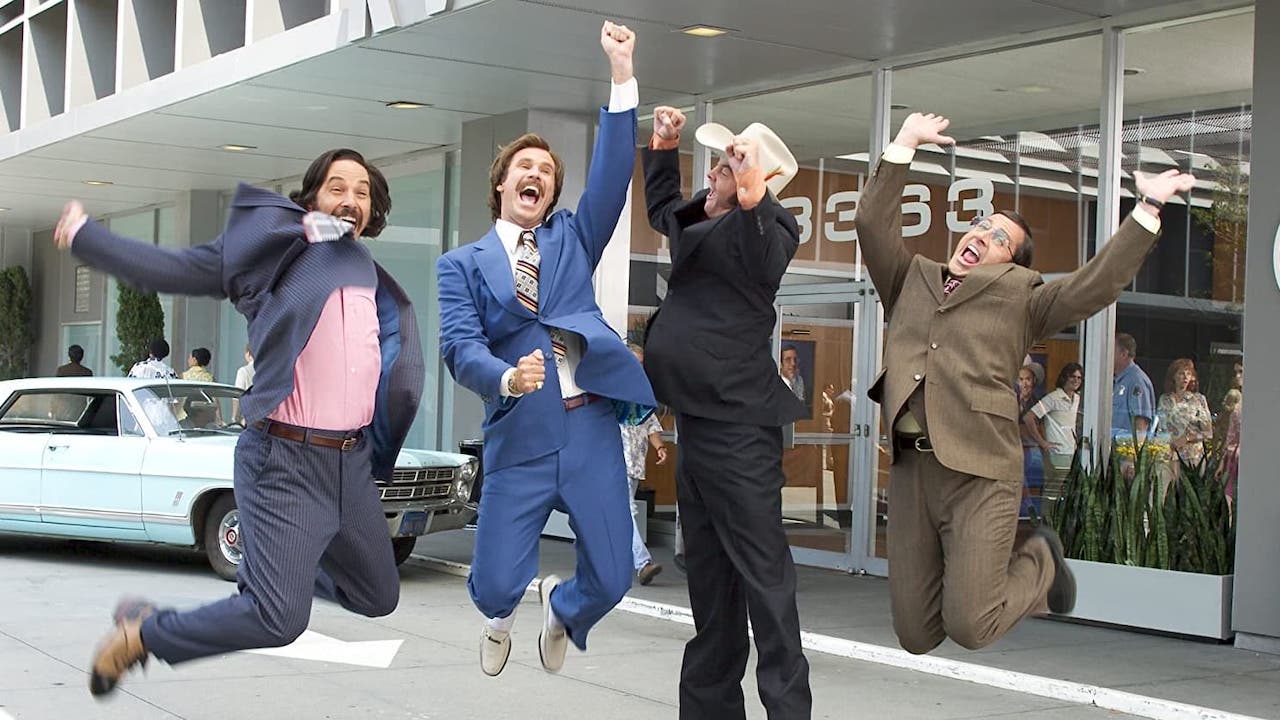
Anchorman: The Legend of Ron Burgundy (2004)
Will Ferrell and director Adam McKay reached the peak of their American idiot phase with this truly inspired and deeply loopy comedy about a 1970s newsreader whose self-assurance and magnificent hair are shaken by the arrival of a female co-anchor (a note-perfect Christina Applegate). Truly sublime stupidity.
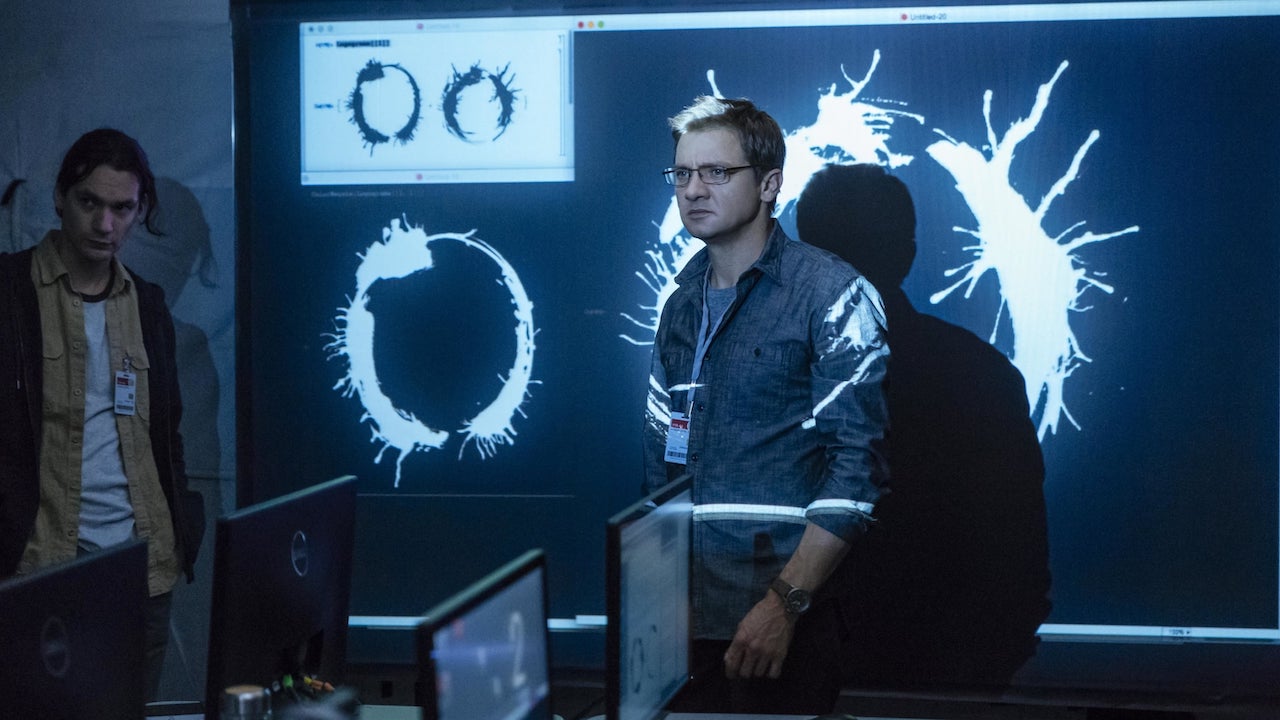
Arrival (2016)
Directed with menacing wonder by Denis Villeneuve, this is compelling and original hard science-fiction, with Amy Adams and Jeremy Renner as two experts trying to communicate with obliquely intentioned aliens landed on an increasingly panicky planet. The story folds in on itself, so that triumph is tragedy and vice-versa in an elegiac requiem.
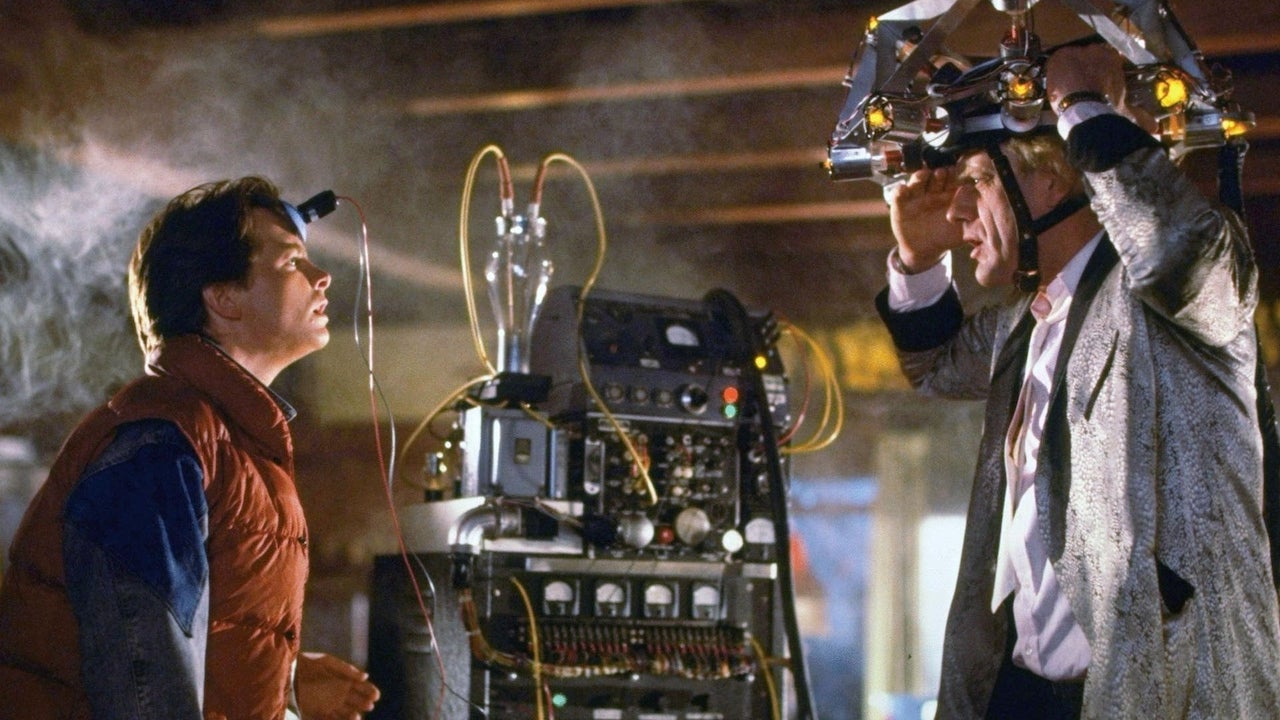
Back to the Future (1985)
If you’ve got a souped-up DeLorean that can travel through time then you’ve got a science-fiction film. But Robert Zemeckis gives you so much more in the one of the finest enduring examples of Hollywood filmmaking where a young man (Michael J. Fox) finds himself back in the 1950s and infringing on his parents’ tentative connection. It remains an inventive delight.
Barbarian (2022)
A slow burn horror film about ownership and the different—but nonetheless connected—generations of misogynistic violence, Zach Cregger’s low-budget feature begins with the unsettling double booking of a Detroit rental house before tearing its dimensions apart with hidden tunnels and historic crimes. It packs an almighty kick.
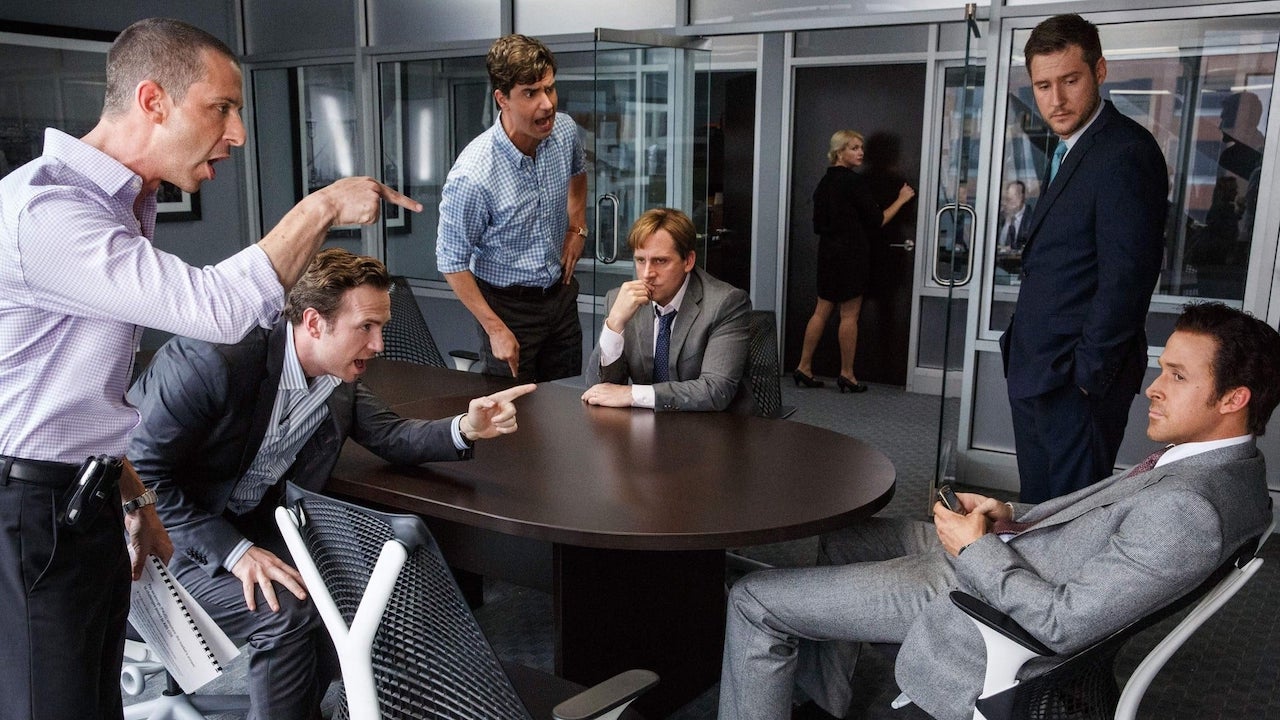
The Big Short (2015)
A bleakly bemused black comedy about the Wall Street greed and systemic failure of government regulation that led to the 2008 Global Financial Crisis. It’s only outsiders and contrarians—memorably played by the likes of Christian Bale, Steve Carell, and Ryan Gosling—who see what’s looming, and Adam McKay’s film makes their profits into a bitter, condemnatory victory.
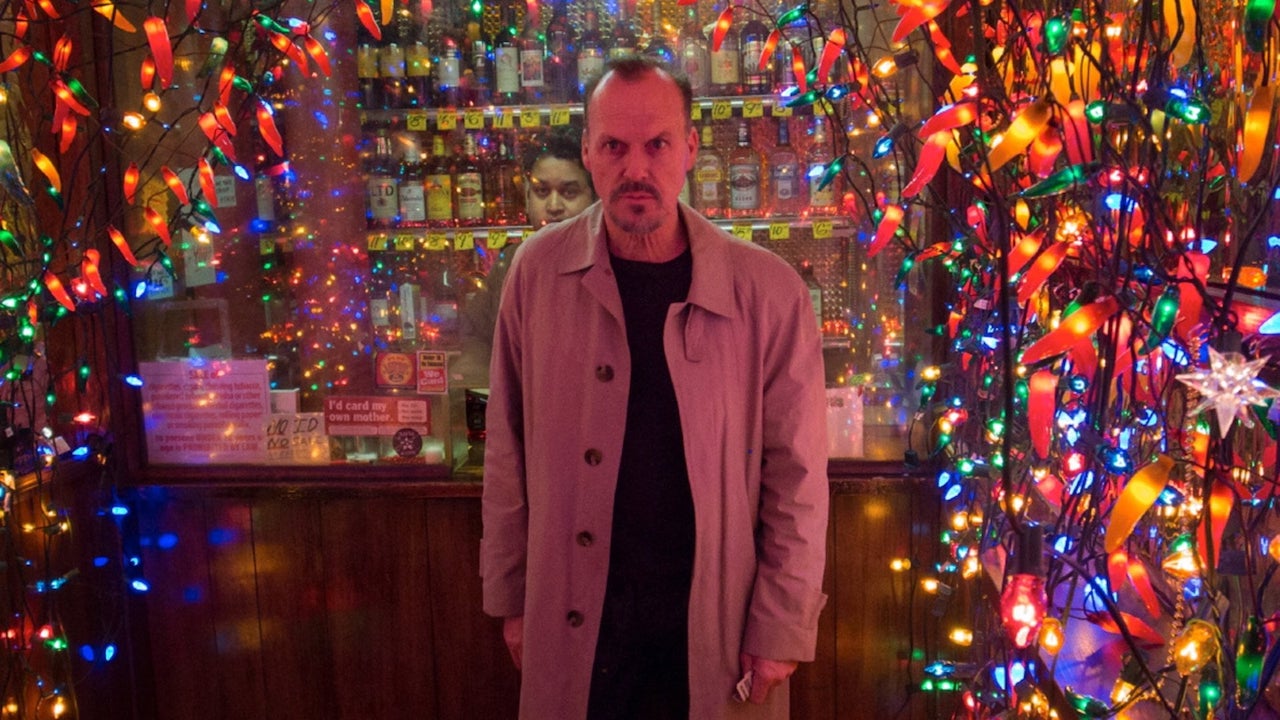
Birdman or (The Unexpected Virtue of Ignorance) (2014)
Alejandro G. Inarritu’s dextrous and dazzling comic drama about the untold performances that comprise a life finds Michael Keaton’s fading Hollywood star on Broadway with Emma Stone, Edward Norton, and Naomi Watts offering complications and support. Come for the gorgeously fluid long takes, stay for the flights of celestial hope.
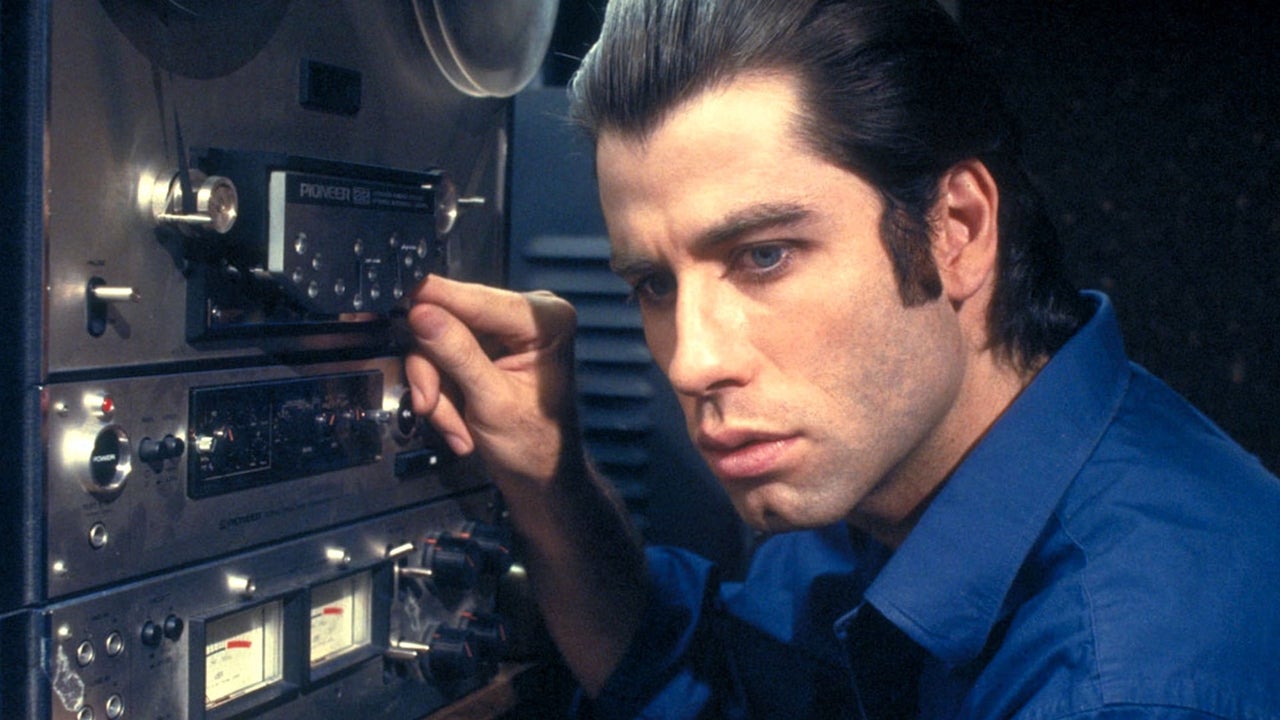
Blow Out (1981)
Brian De Palma said goodbye to the challenging Hollywood cinema of the 1970s with this neo-noir thriller that matched a pessimistic worldview to a fascination with the mechanics of filmmaking. John Travolta is the rueful sound recordist whose fieldwork accidentally uncovers a political conspiracy, but his attempts to expose it are merely the starting point for charged set-pieces both tense and tragic.
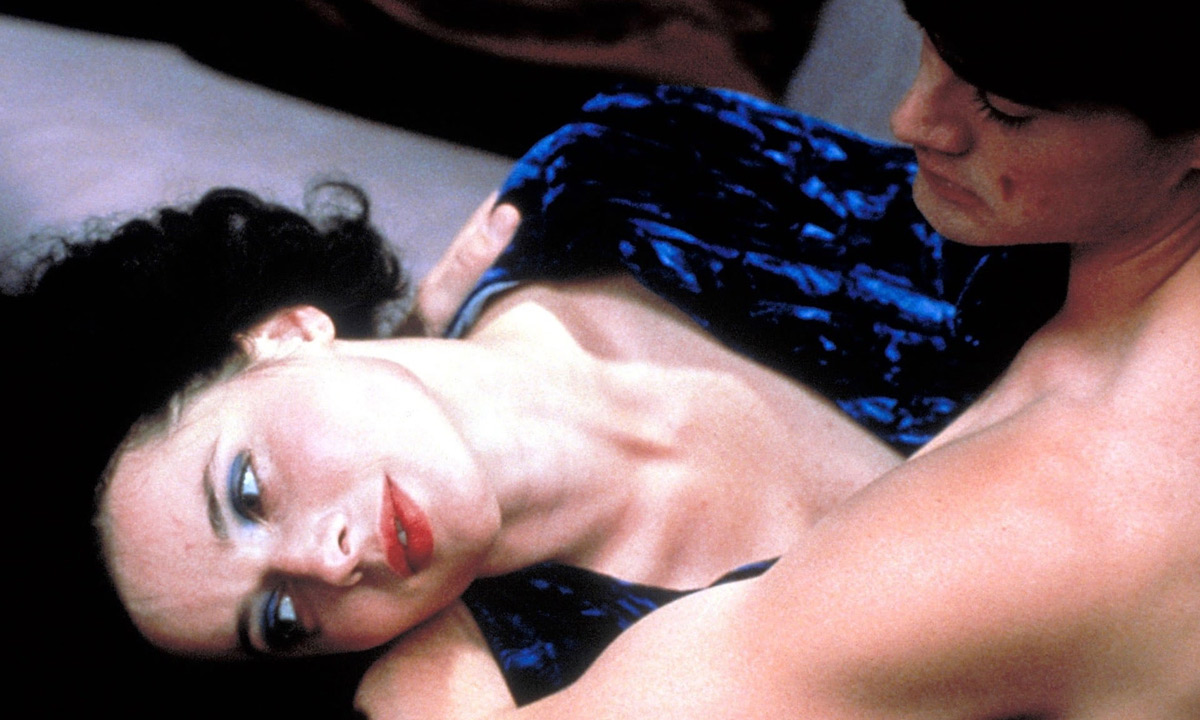
Blue Velvet (1986)
David Lynch’s psychosexual classic has many classic thriller elements, including police corruption, a kidnapped child, and Isabella Rossellini’s mysterious woman. It’s just that it also has an obsession with sexual innocence and discovery, a perverse fascination for American piety, and Dennis Hopper as a shrieking sociopath with an Oedipus complex. Either way it’s a bracing masterpiece, direct and unadulterated.
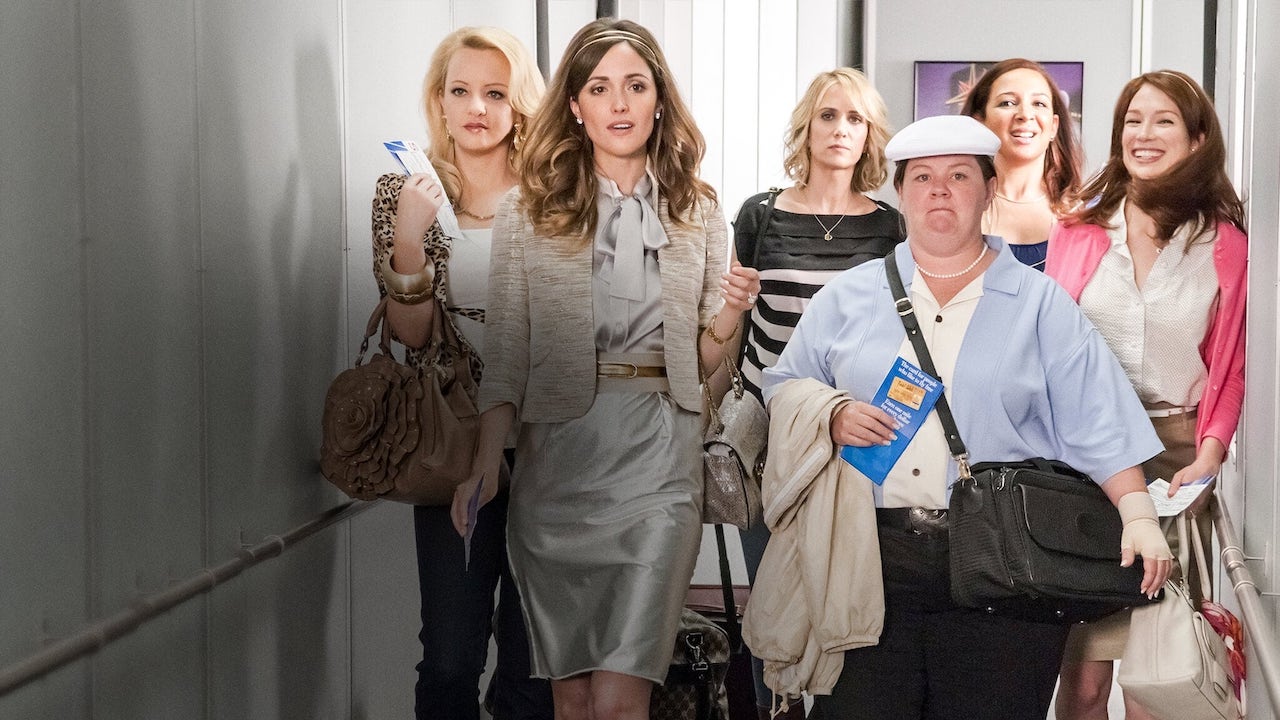
Bridesmaids (2011)
Raunchy without being provocative, but never afraid to examine the dynamics between female friends, Paul Feig’s breakout hit turned the cast into comic movie stars. Co-writer Kristen Wiig, Melissa McCarthy, and Rose Byrne all shone in a movie where the preparations for a wedding collapse from one mishap to the next.
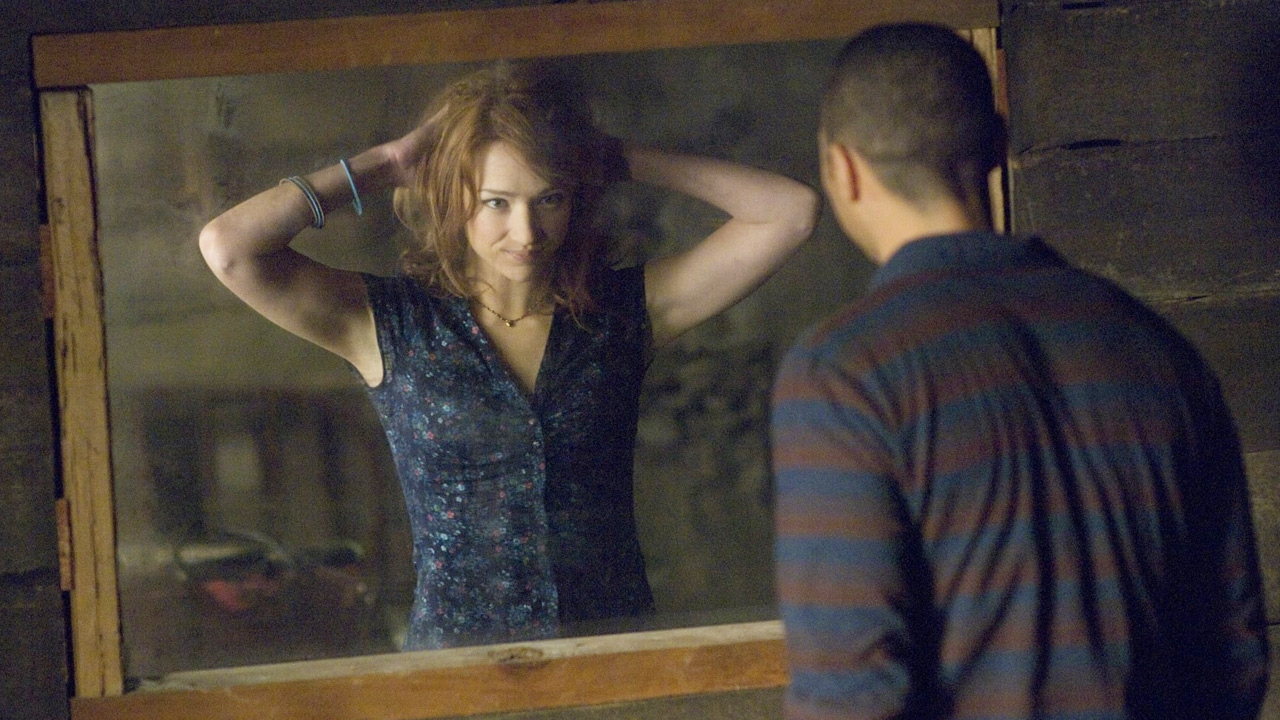
The Cabin in the Woods (2012)
Simultaneously a celebration and deconstruction of horror’s mainstream principles, Joss Whedon and Drew Goddard’s dark comedy turns a group of college students’ trip to an isolated cabin into a ritual slaughter mundanely managed by a pair of white-collar company men (Bradley Whitford and Richard Jenkins). Genre fans’ lust for blood is cruelly satisfied.
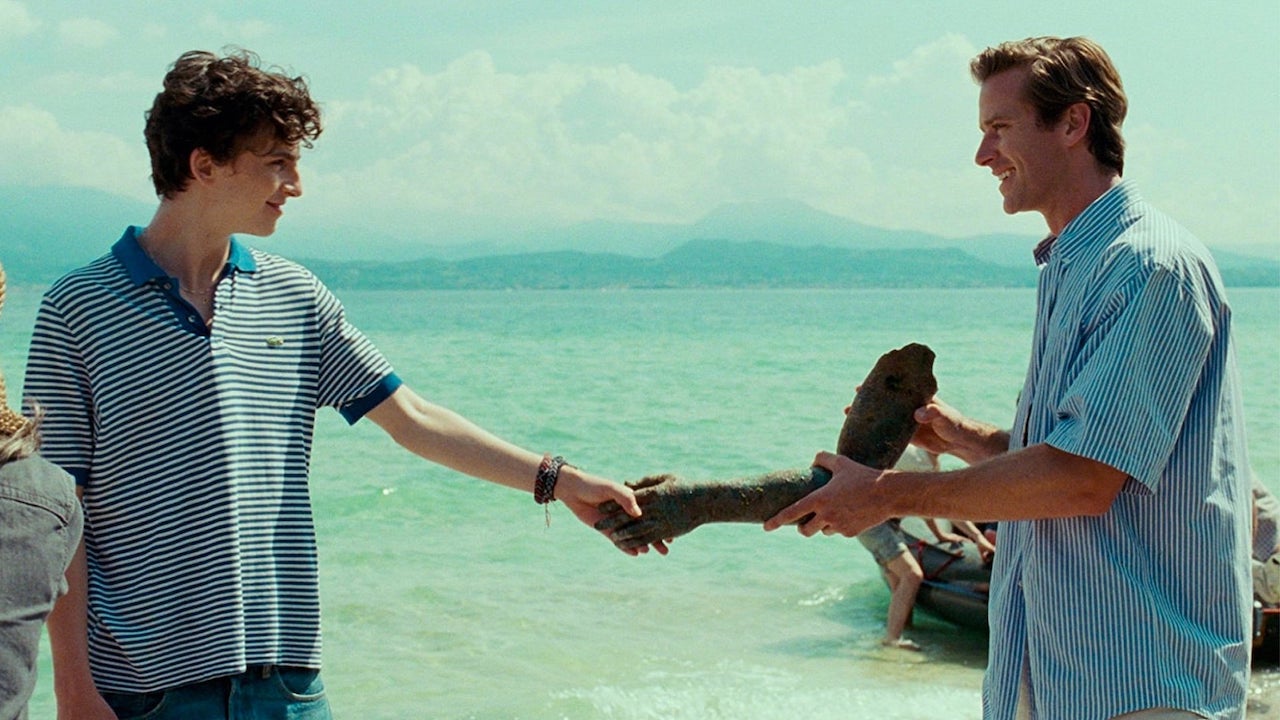
Call Me By Your Name (2017)
Endowed with the scrupulous teenage passion of Timothée Chalamet and the gilded restraint of Armie Hammer, Luca Guadagnino’s exquisite coming of age gay romance, set against the backdrop of a 1980s Italian summer, is a ravishing study of sensuality, connection, and ultimately loss.
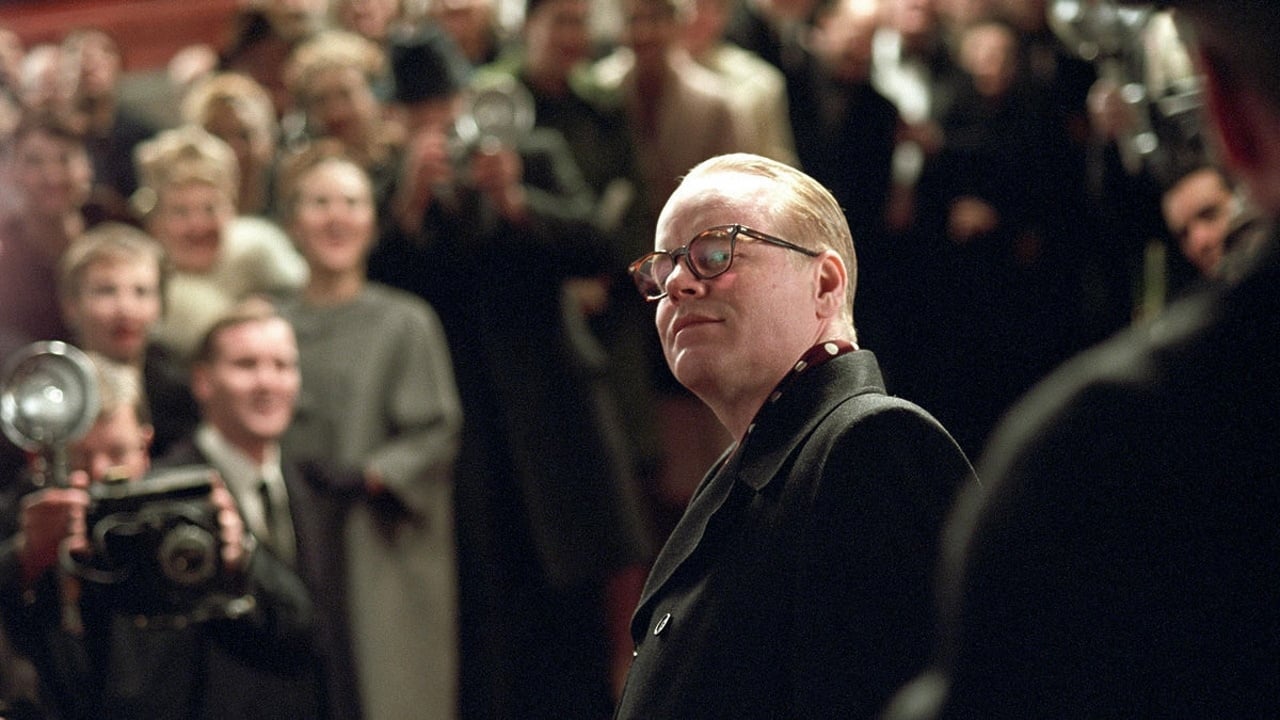
Capote (2006)
The personal and the professional are dangerously intertwined in this austere, enquiring drama, which interrogates the historic relationship between celebrated novelist Truman Capote (Philip Seymour Hoffman) and drifter Perry Smith (Clifton Collins), who was accused of massacring a Kansas family. Capote wrote In Cold Blood about the case, but the fascinating transactions here run deeper than a non-fiction classic.
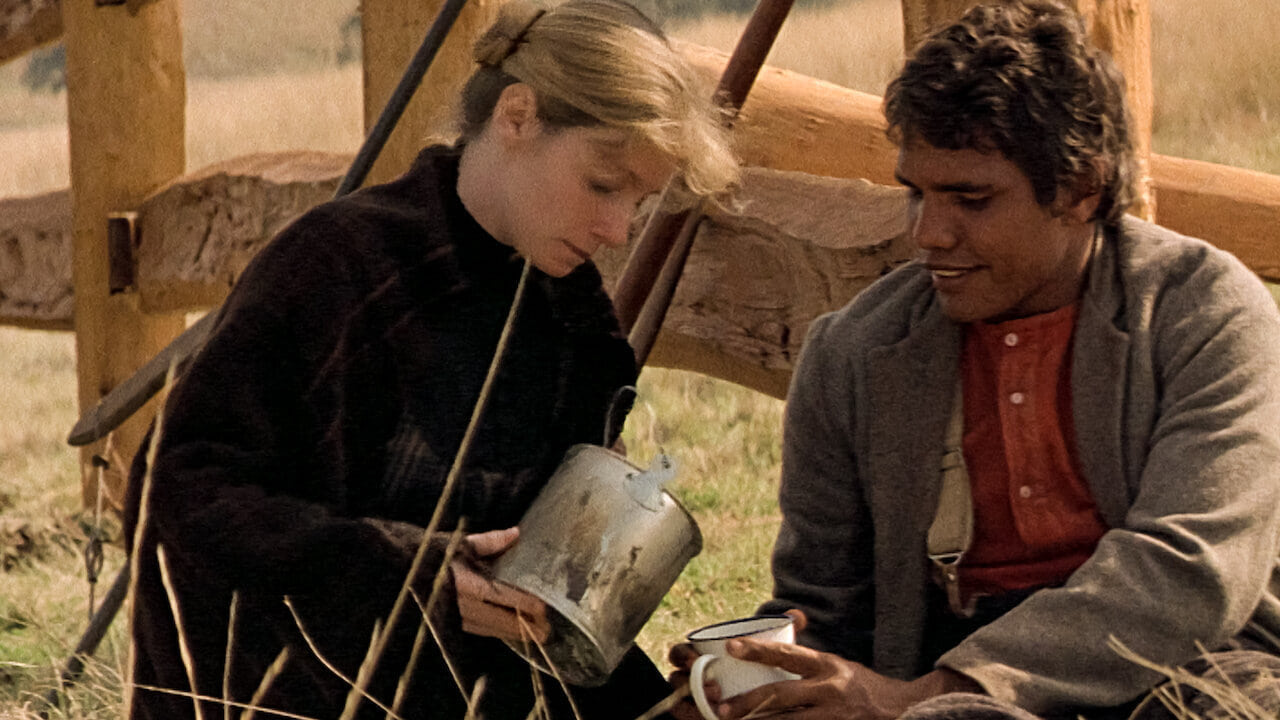
The Chant of Jimmie Blacksmith (1978)
One of the most crucial and enduring works of the Australian New Wave movement, Fred Schepisi’s period drama tracks an Indigenous man (Tom E Lewis) who is abused to breaking point by the racist colonial society he has been told he must join in a film of striking turning points and unfettered anger. Many of the wrongs it depicts still linger.
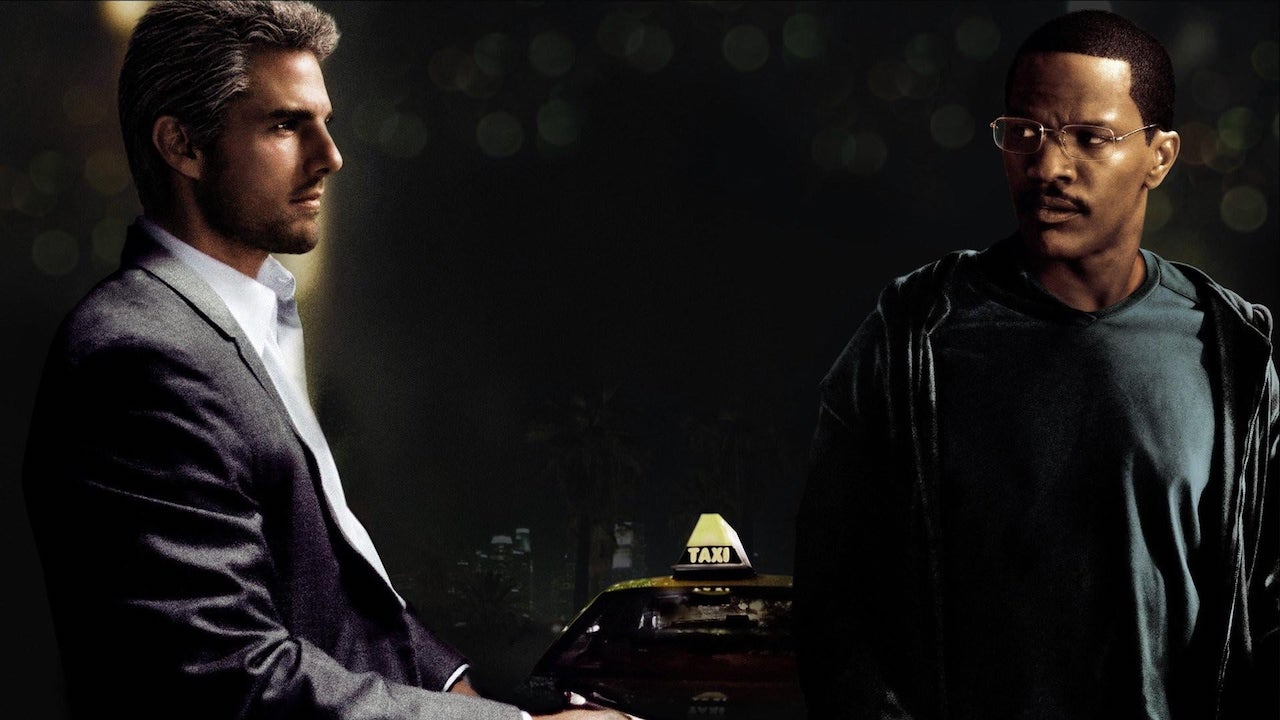
Collateral (2004)
Shooting on High-Definition Cameras, so that the Los Angeles nightscape looks like a city shimmering with urgency and ghosts, Michael Mann turns a thriller about a hitman (Tom Cruise) who takes a taxi driver (Jamie Foxx) hostage to ferry him from target to target into an impressionistic meditation on violence and survival, with a stacked supporting cast that includes Mark Ruffalo and Javier Bardem.
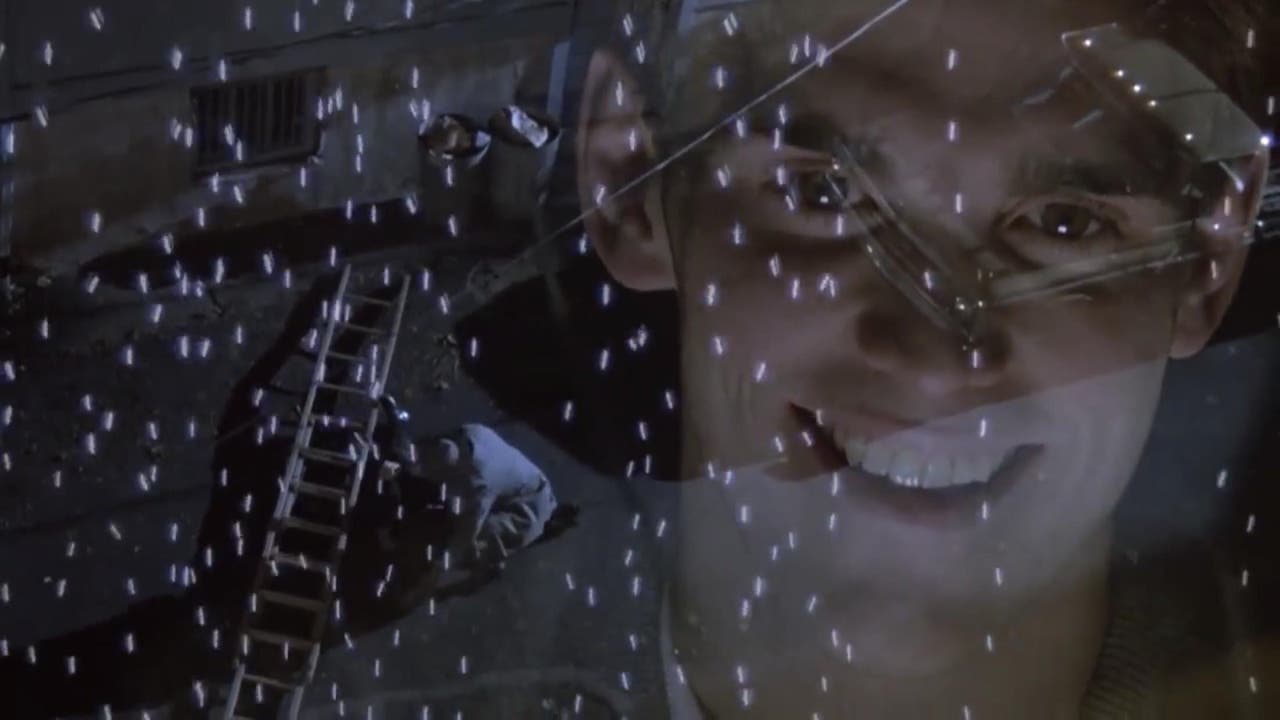
Drugstore Cowboy (1989)
An emblematic breakthrough for Gus Van Sant—with never better performances by Matt Dillon and Kelly Lynch—this vividly observed depiction of the early 1970s drug milieu and addiction’s grasp helped redefine arthouse cinema towards the American experience. Van Sant’s eye for the human failings of his characters and the memoir-like detail combines in tremendous ways.
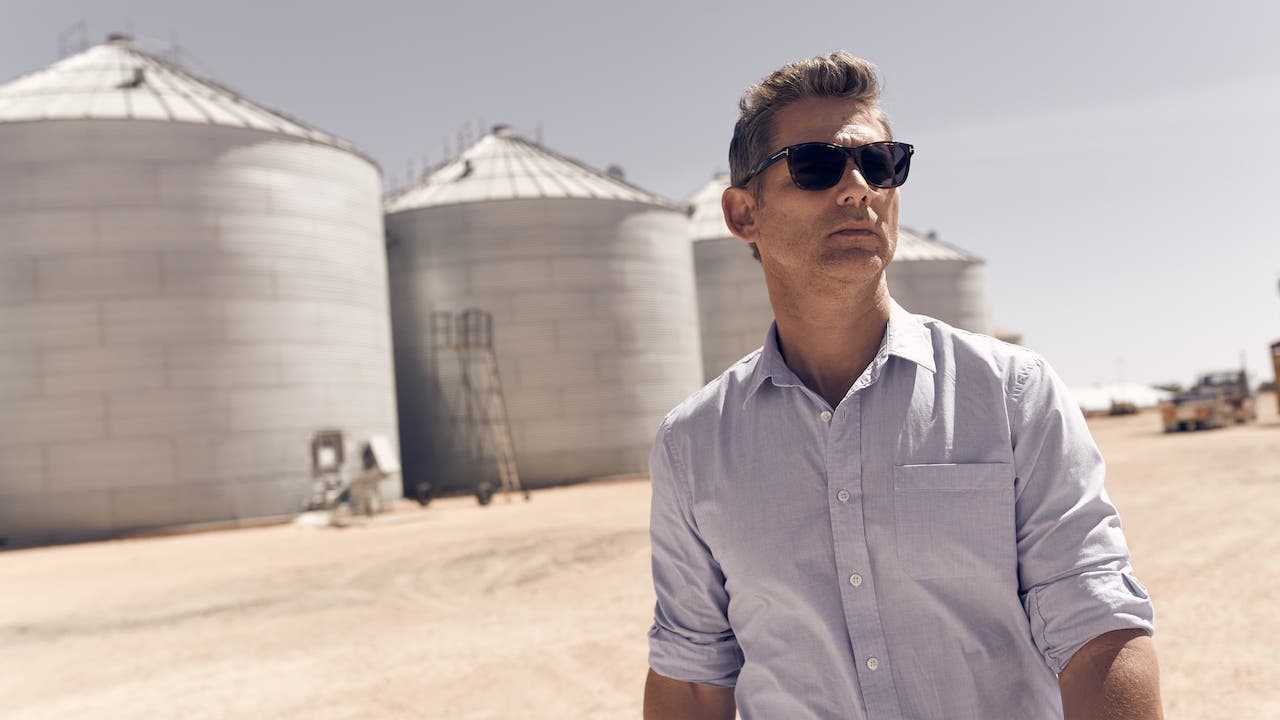
The Dry (2021)
An outback noir thriller about culpability and regret, Robert Connolly’s box-office hit stars Eric Bana as a financial crimes police officer who returns to the hometown he fled as a teenager to investigate a horrific crime attributed to his best friend. Less interested in plot twists than in allowing the drought-stricken landscape and its frayed inhabitants to take hold, it’s a masterful Australian genre piece.
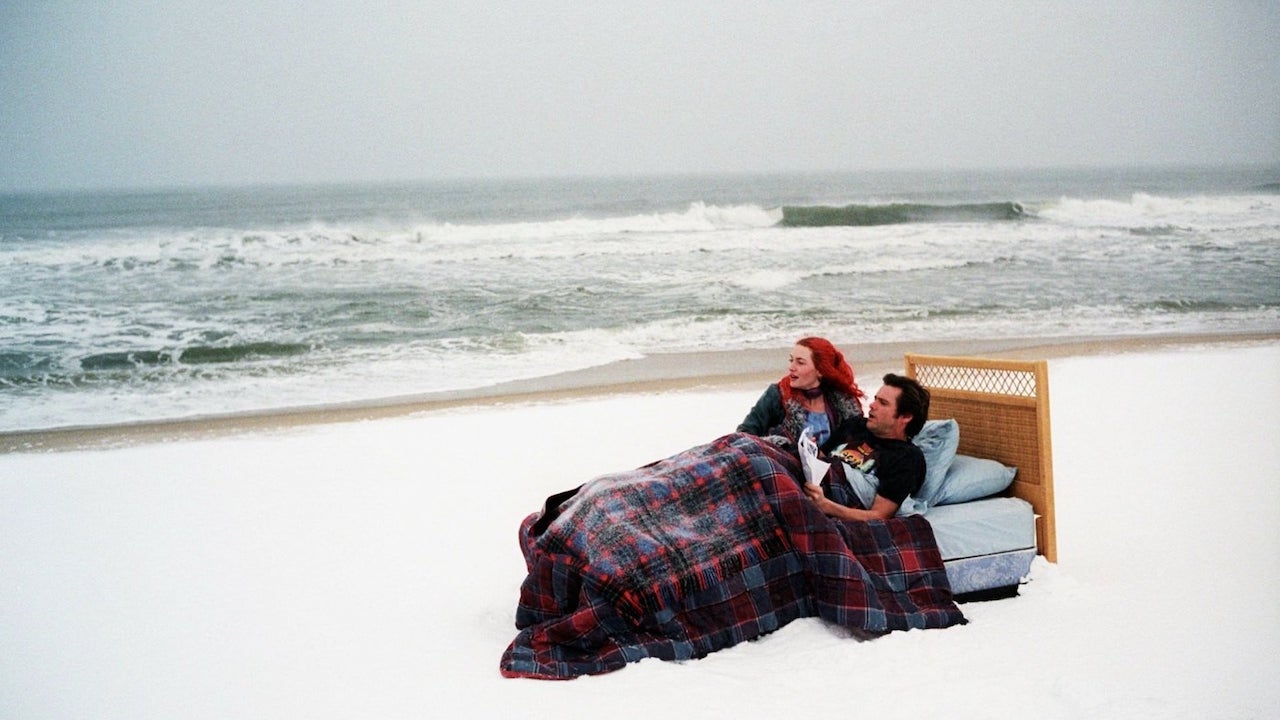
Eternal Sunshine of the Spotless Mind (2004)
Michel Gondry’s masterpiece is heartfelt and magical, tender and tragic. When Kate Winslet and Jim Carrey’s couple break up, they decide to have all trace of each other wiped from their memories. When he reconsiders, they go on the run in his subconscious, as skewered sci-fi and magic realism are interwoven.
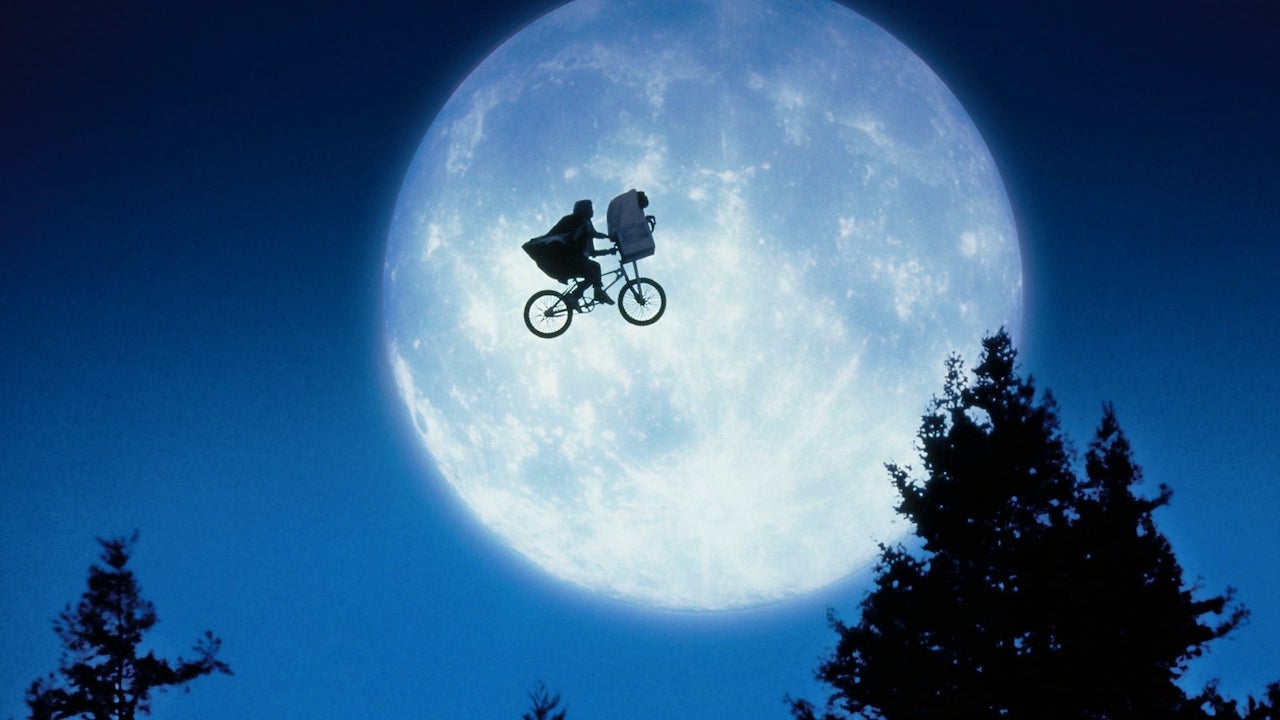
E.T. The Extra-Terrestrial (1982)
Steven Spielberg’s paean to the loneliness of childhood begins with a spindly creature from another planet being left behind in the Californian hills, but he soon joins the children who shelter him—yes, that’s Drew Barrymore—in eating candy, watching TV, and sneaking out for Halloween. It’s science-fiction as heartfelt childhood fantasy, still deeply compelling and directed with wonderment by Spielberg.

Everything Everywhere All At Once (2022)
A Gilliam-esque visit to the tax office, inter-generational immigrant trauma, hot dog hands, inter-dimensional warfare… It’s easy to say that the latest absurdist comedy from directing duo The Daniels is a lot, but everything in this madcap story has purpose and pathos and it’s delivered with a magisterial lead performance by Michelle Yeoh. Believe.
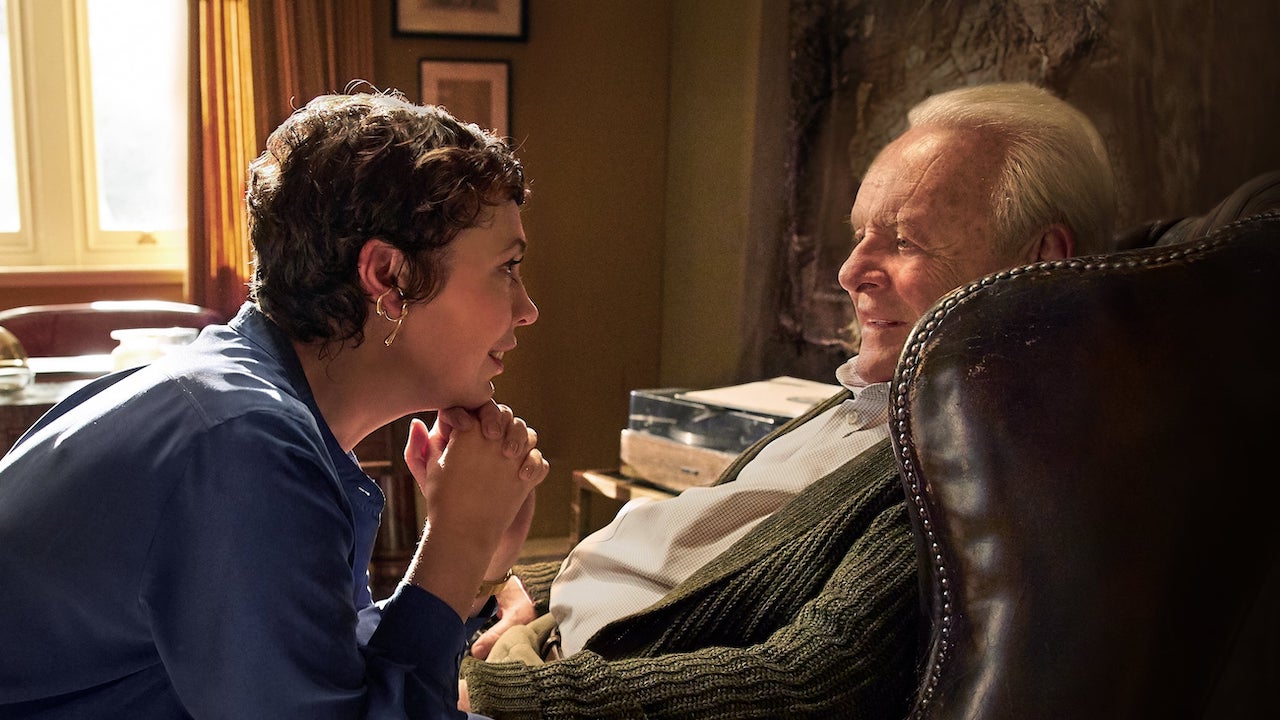
The Father (2021)
Watching the magisterial certainty Anthony Hopkins brings to the screen start to fail and then fracture in this intimate domestic drama is agonising. Beset by dementia, Hopkins’ self-assured patriarch slips in and out of lives, including his own. It’s a heartbreaking mystery witnessed by his worn daughter (Olivia Colman) in French playwright Florian Zeller’s astute adaptation of his own stage hit.
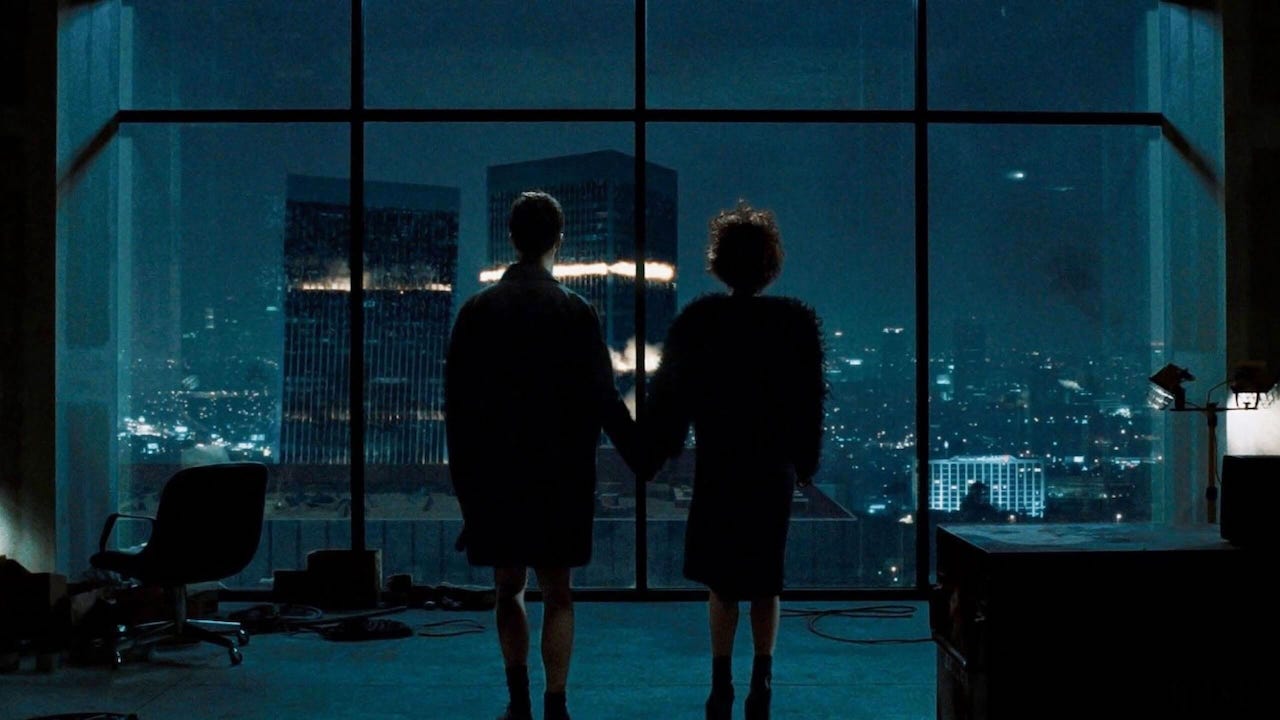
Fight Club (1999)
David Fincher skewered the cul-de-sac hopes of Generation X, and presented himself as the successor to Stanley Kubrick in terms of coolly executed intellectual outrage, with this bleak, blithe comedy about a corporate bureaucrat (Edward Norton) who with a charismatic nihilist (Brad Pitt) starts a combat-as-bonding-ritual movement. The film is serious when the topic is ludicrous, and seditious when the going gets philosophical.
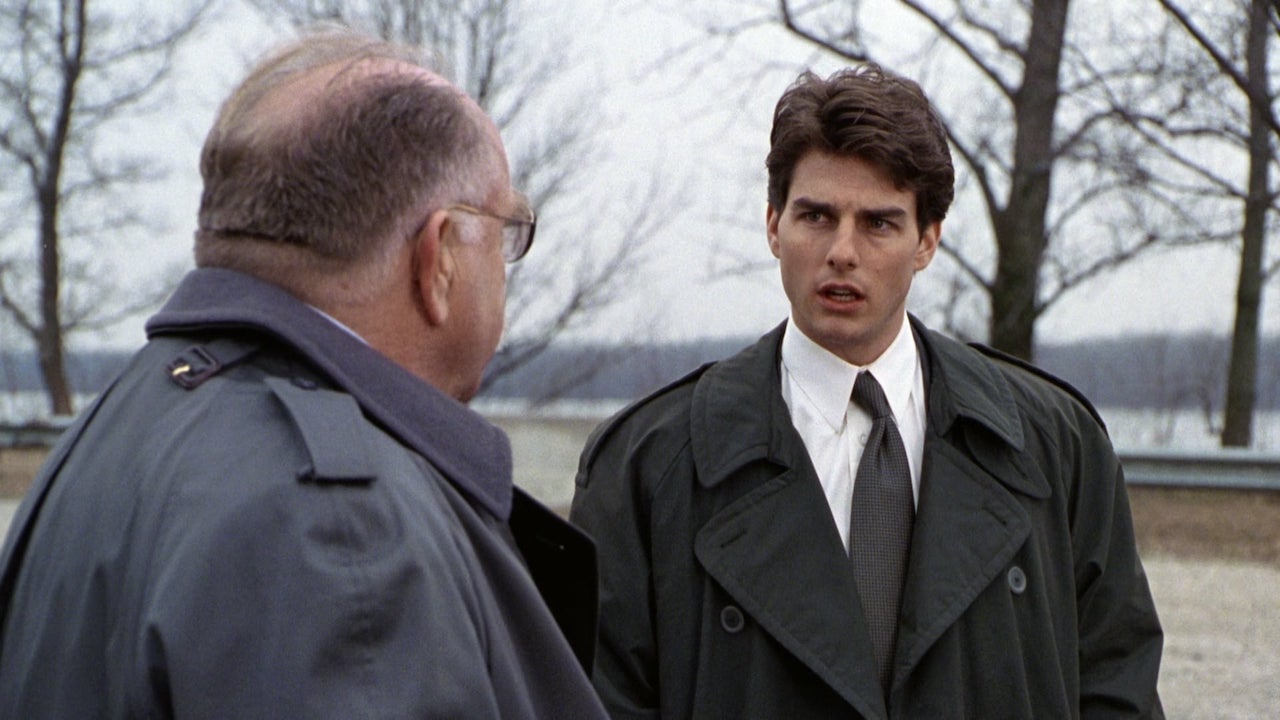
The Firm (1993)
Legal thrillers were a Hollywood staple in the 1990s and none was better than Tom Cruise plotting to save himself by selling out the respectable but corrupt legal practice that had hired him in Sydney Pollack’s exemplary drama. The creeping sense of discovery is terrific, with a strong counterpoint of Jeanne Tripplehorn as a wife betrayed on multiple fronts.
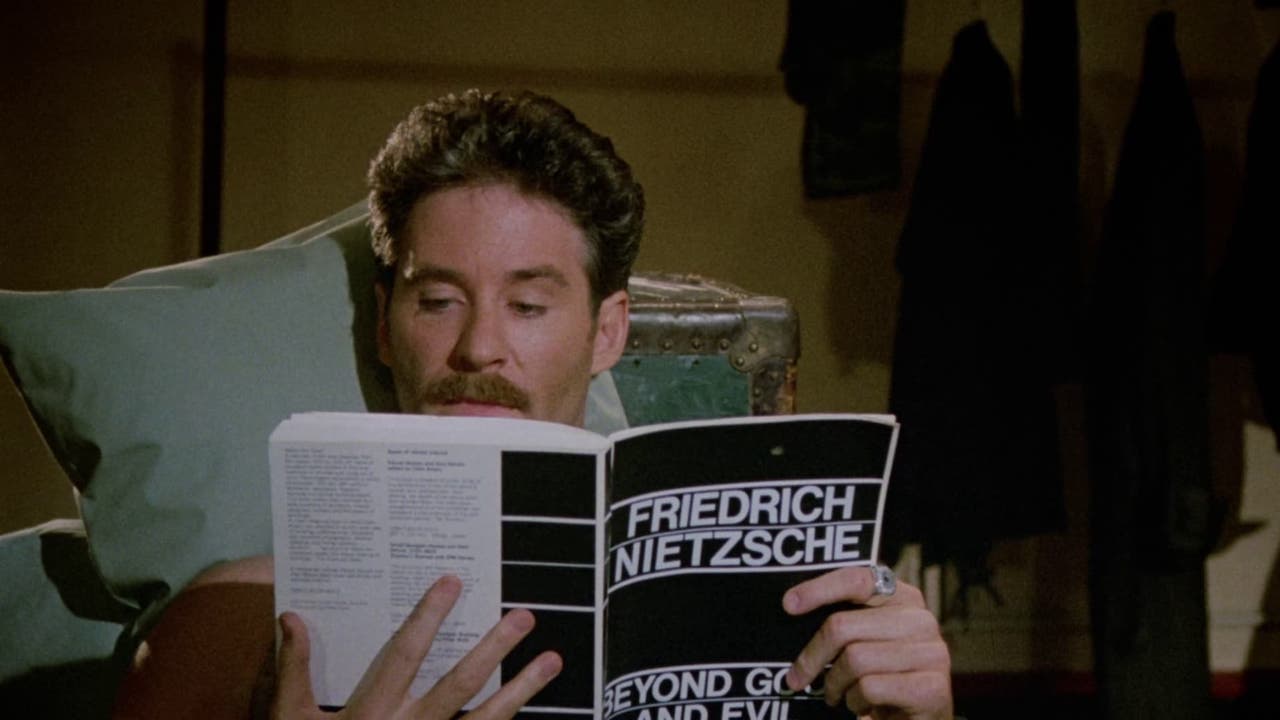
A Fish Called Wanda (1988)
With Ealing Studios veteran Charles Crichton (The Lavender Hill Mob) directing, John Cleese wrote and starred in this marvellous London heist comedy where stolen gems take a back seat to the cultural gap between Brits and Americans and the farcical mistakes of an inadvertent pet assassin. Bodies and attitudes collide, with Jamie Lee Curtis, Michael Palin and a deliriously gung-ho Kevin Kline in perpetual play.
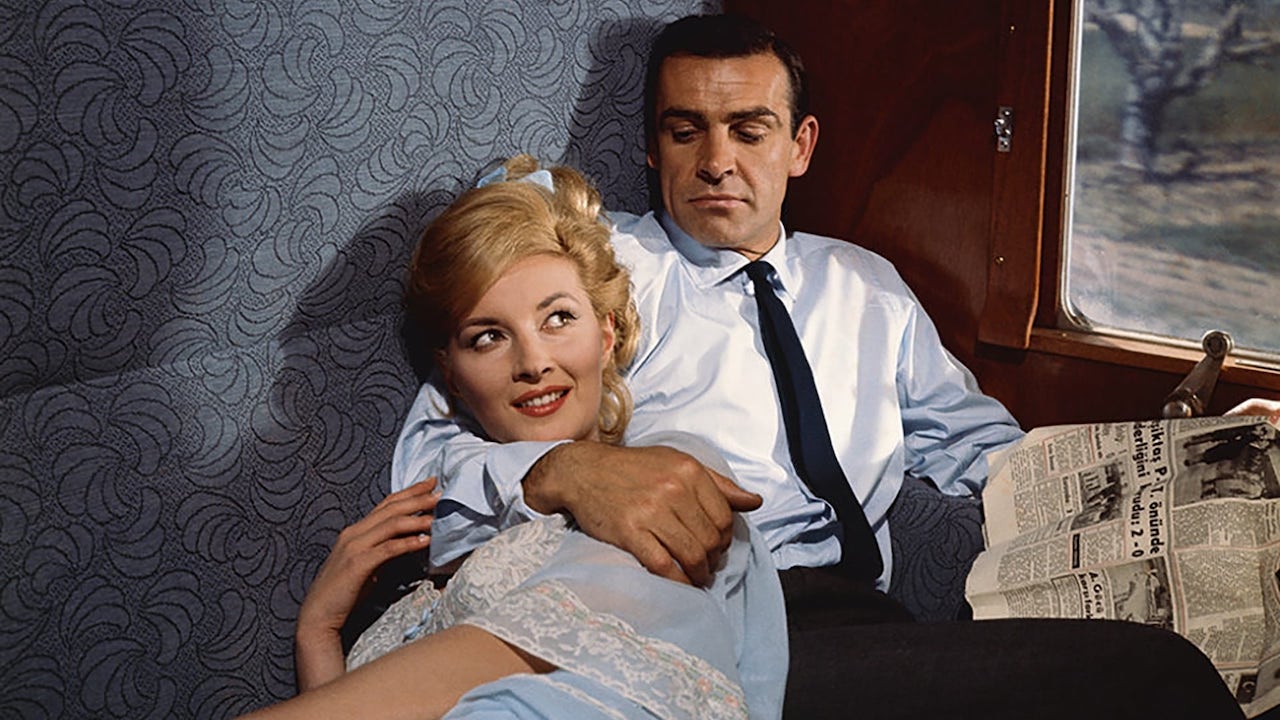
From Russia With Love (1963)
Everyone has their favourite Sean Connery Bond film (don’t mention Never Say Never Again), and for me it’s the second. Connery added emotional grit and a dash of cynicism to the still evolving screen version of Ian Fleming’s British spy, while director Terence Young made it all tick like clockwork. Bonus points for Lotte Lenya’s Rosa Klebb, one of the most memorable Bond adversaries.
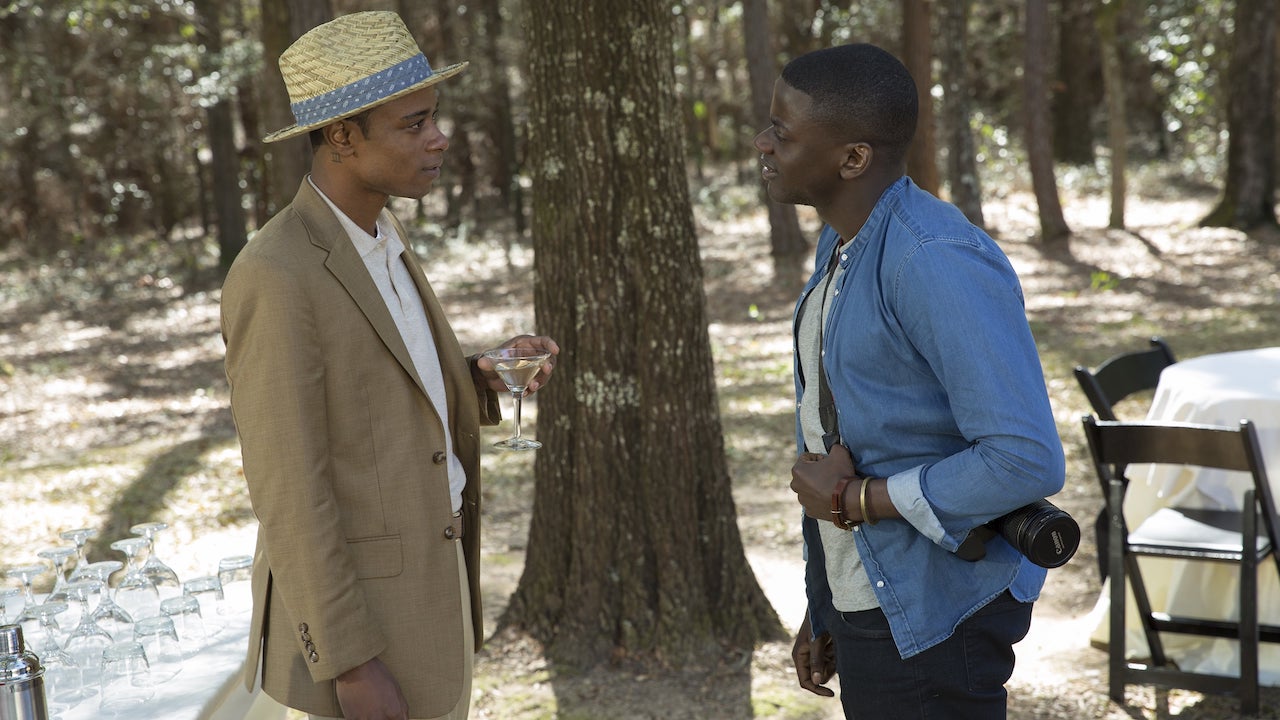
Get Out (2017)
Few films have better captured the tenor of the times than comic Jordan Peele’s directorial debut, a compelling horror film about the dispossession of African-Americans that stars Daniel Kaluuya as a Black photographer invited to visit the family home of his white girlfriend. Peele memorably turns awkwardness and tolerance into menace and terror, as history threatens to repeat itself.
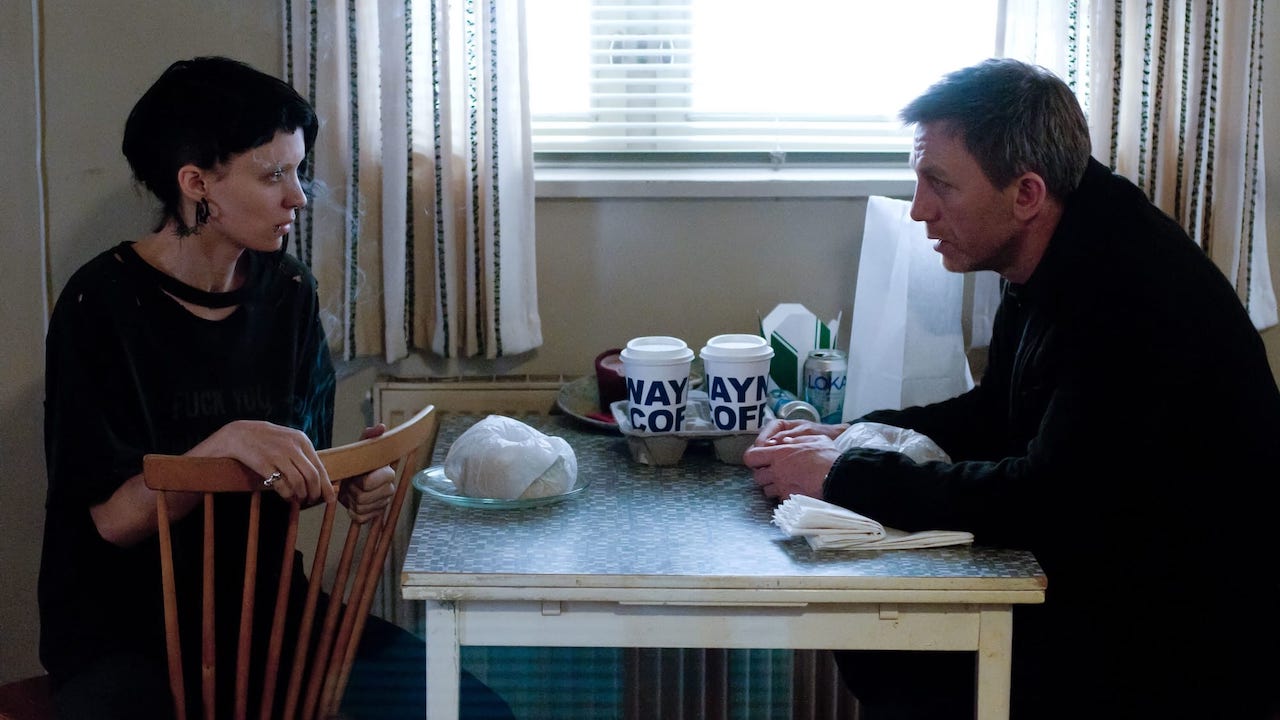
The Girl with the Dragon Tattoo (2011)
David Fincher amped up the Stieg Larsson novel and its original made for television Swedish adaptation, with the sleek agility of his English language remake starring Daniel Craig as a fallen reporter and Rooney Mara as the punk hacker trying to solve a teenage girl’s disappearance 40 years prior. In both archives and encounters, the pair finds that history’s crimes were always there, luxuriating in their power.
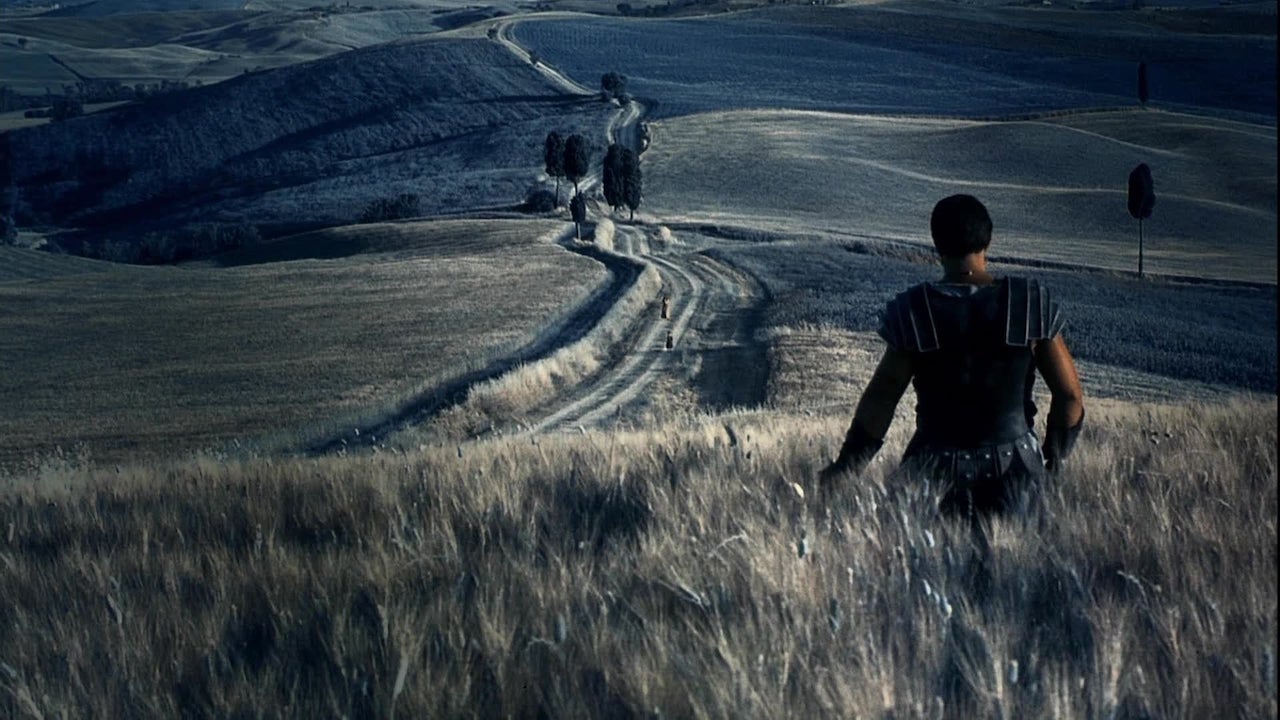
Gladiator (2000)
Ridley Scott’s revival of the swords-and-sandals genre remains a canny blockbuster, focusing on the noble Roman general Maximus (Russell Crowe), who is supreme in battle but betrayed by politics. Cast into slavery by a jealous new emperor (Joaquin Phoenix), he uses success as a gladiator to steer him toward revenge and a satisfactory death. It’s a morbid scheme, but the digital spectacle helps render it heroic.
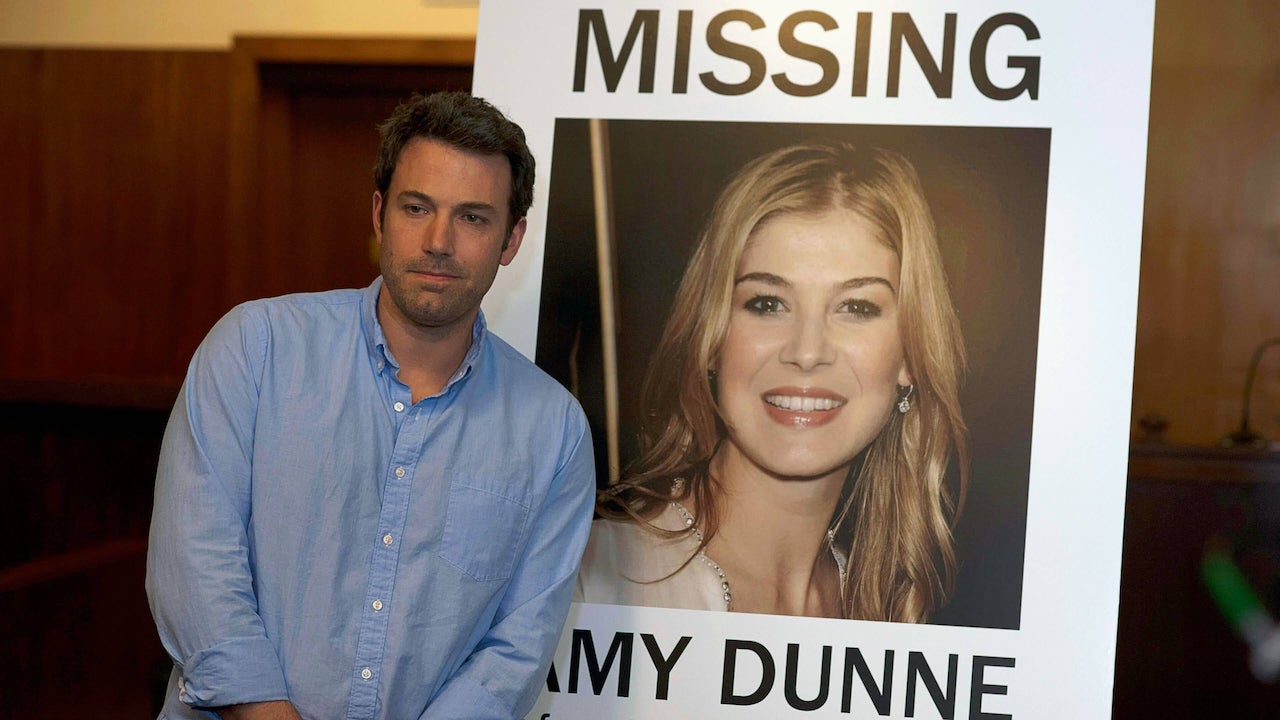
Gone Girl (2014)
David Fincher cuts from a passionate kiss to a DNA swab of a mouth, encapsulating the transformation of desire into desperation that informs this corrosive vision of marital domesticity. Ben Affleck is the philandering husband whose glibness comes unstuck when wife Rosamund Pike disappears, leaving him vulnerable in ways the dual narrative eventually makes brutally clear.
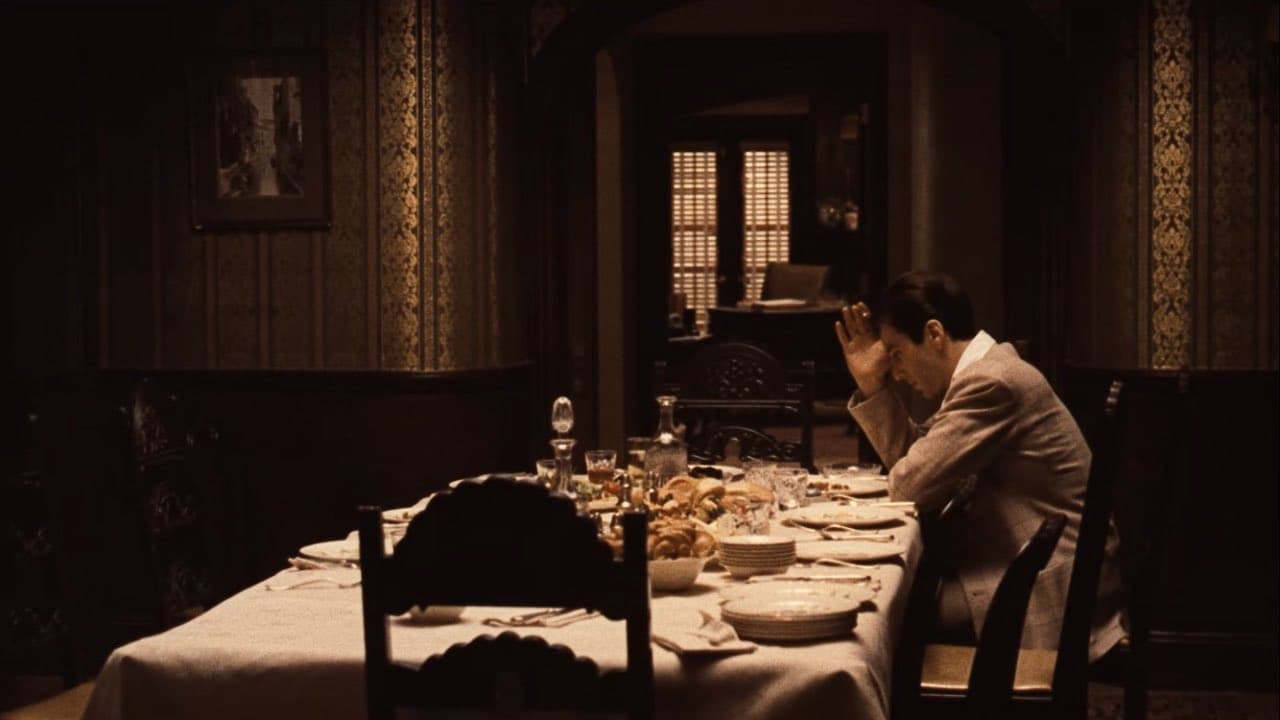
The Godfather: Part II (1974)
The themes that Francis Ford Coppola developed in The Godfather—the dangerous responsibility inherent in family, crime as an adjunct to capitalism, power corrupting the soul—are expanded and intermingled in this ambitious successor, which clearly remains one of the American cinema’s towering achievements. Robert De Niro and Al Pacino play father and son in different eras, so that history marks every irrevocable decision.
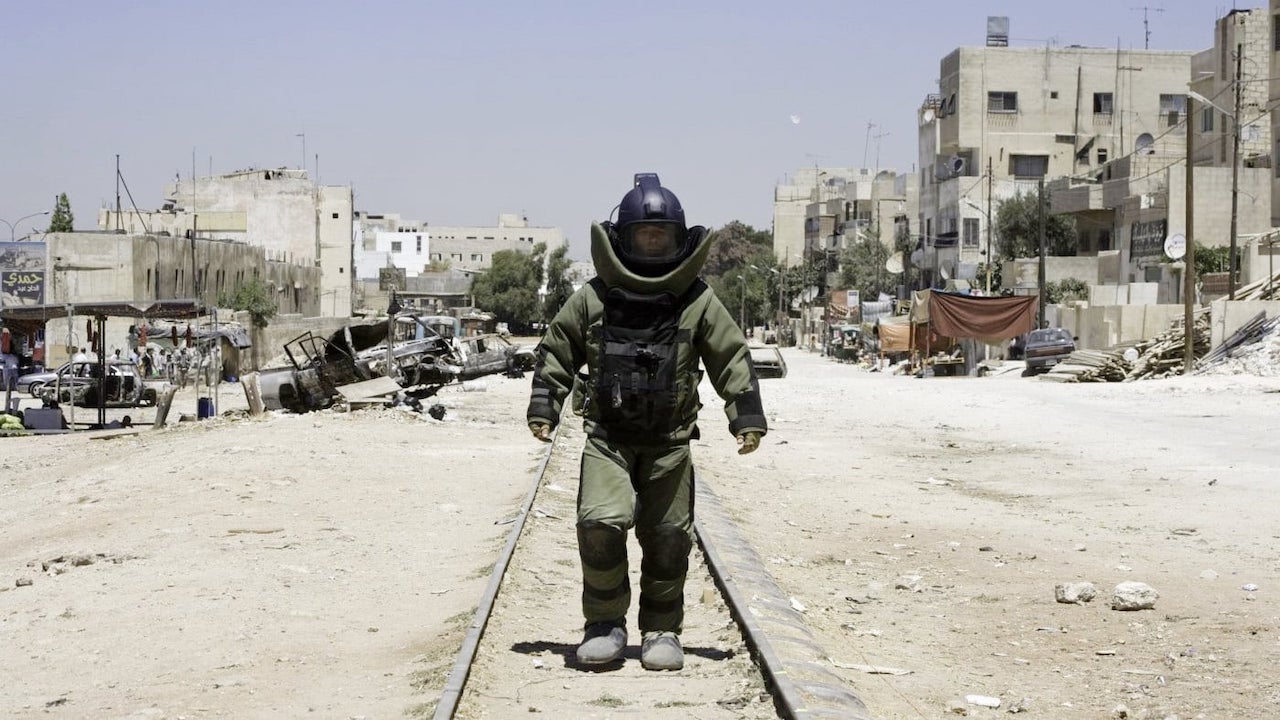
The Hurt Locker (2008)
A pre-Marvel Jeremy Renner was the perfect vehicle for Kathryn Bigelow’s study of male obsession, playing a bomb disposal expert in post-invasion Iraq who can’t separate his life from the unnecessary risks he takes. She uses suspense to slow the narrative so that instead of a heady rush there’s existential acknowledgment.
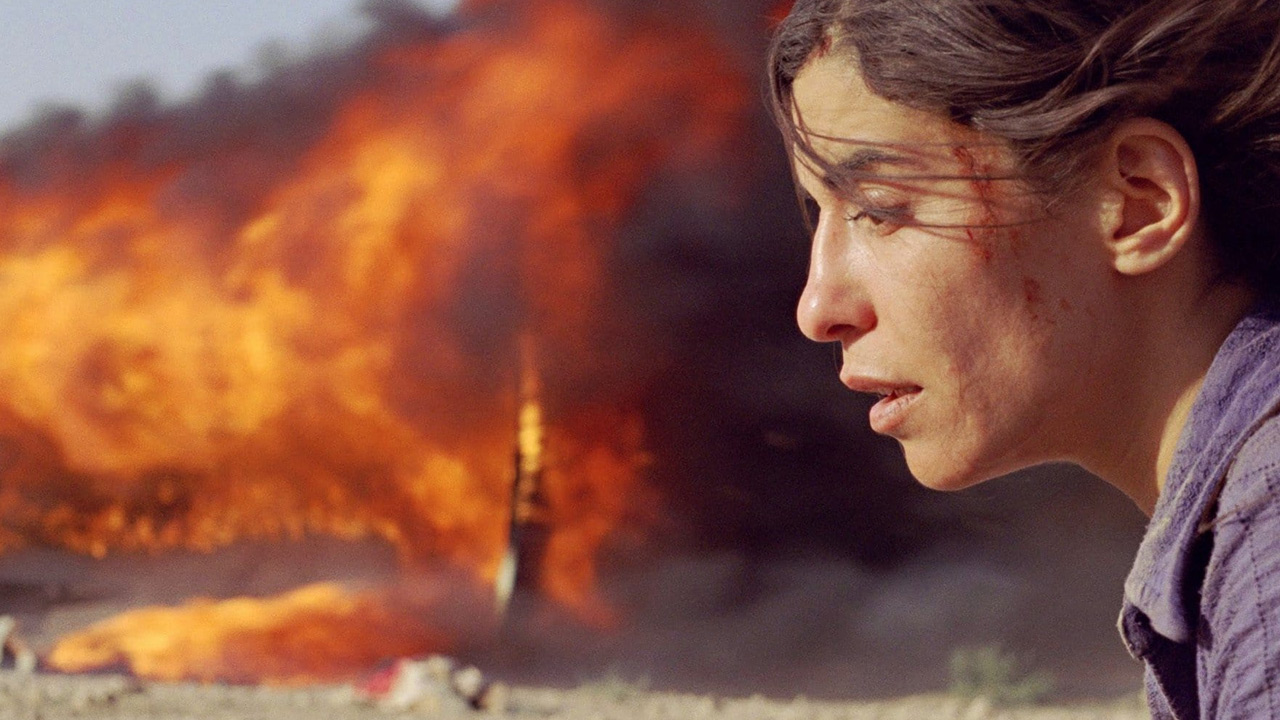
Incendies (2010)
The international breakthrough of director Denis Villeneuve (Arrival, Dune) is a coruscating drama in which the mysteries of a mother’s will takes her two adult children, raised in Canada, back to her unnamed birthplace in the Middle East, where sectarian conflict has created a cycle of violence and regret. With extensive flashbacks, the dread-laden stillness of Villeneuve’s latter work is here, as is the feeling that family is a mystery one can never fully understand.
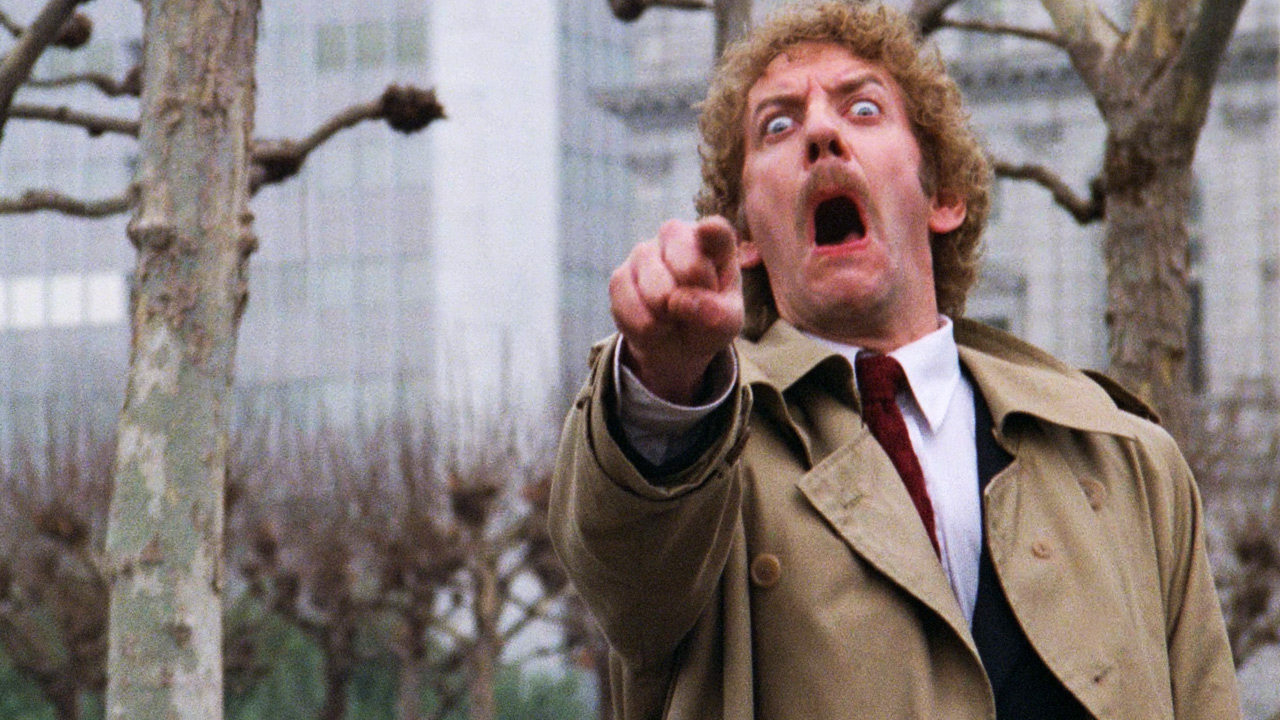
Invasion of the Body Snatchers (1978)
One of the best science fiction horror films ever made, Philip Kaufman’s paranoid classic is about the otherworldly taking root, as alien spores replace humans with emotionless duplicates. Their blankness is terrifying, amped up by an electronic score and an eerie narrative about taking over society’s pillars.
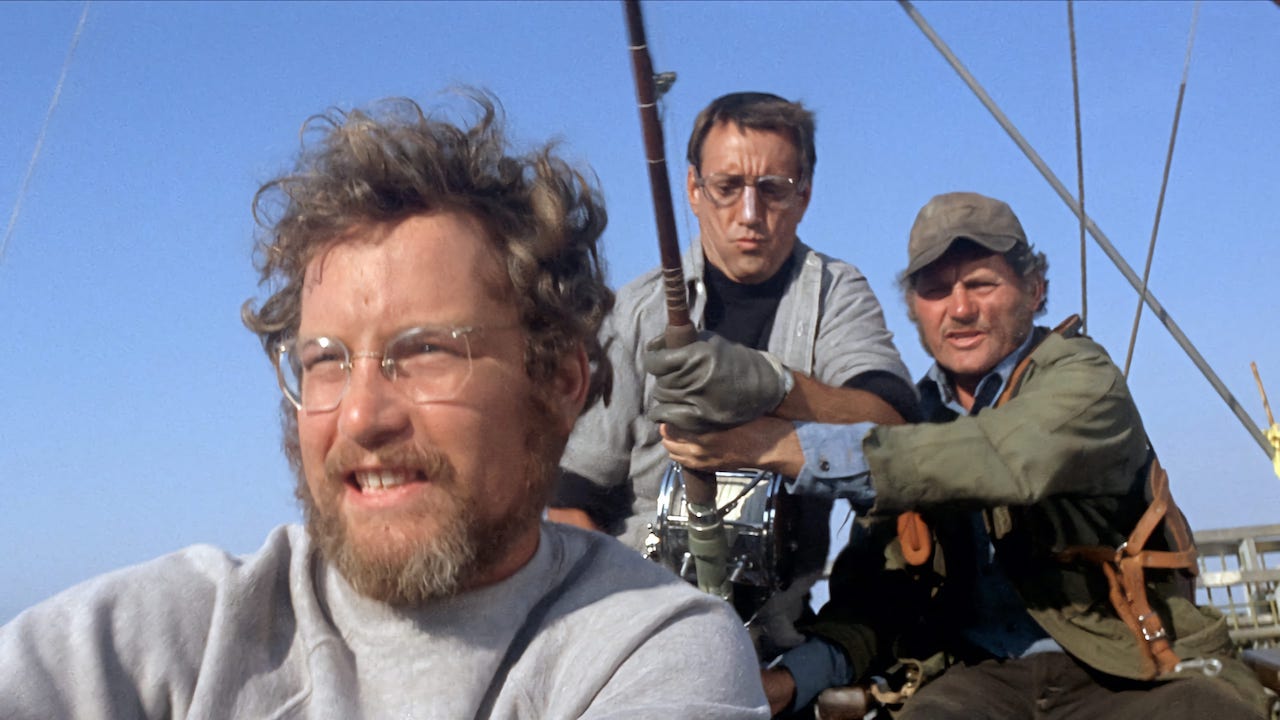
Jaws (1975)
Scared it would bomb, the studio put Steve Spielberg’s shark thriller into every cinema it could and went big on television marketing. It was a huge hit and the modern blockbuster was born. Roy Scheider, Richard Dreyfuss, and Robert Shaw play the trio who eventually confront the menacing great white, but the true star is John Williams’ score. Every motif has become part of cultural history.
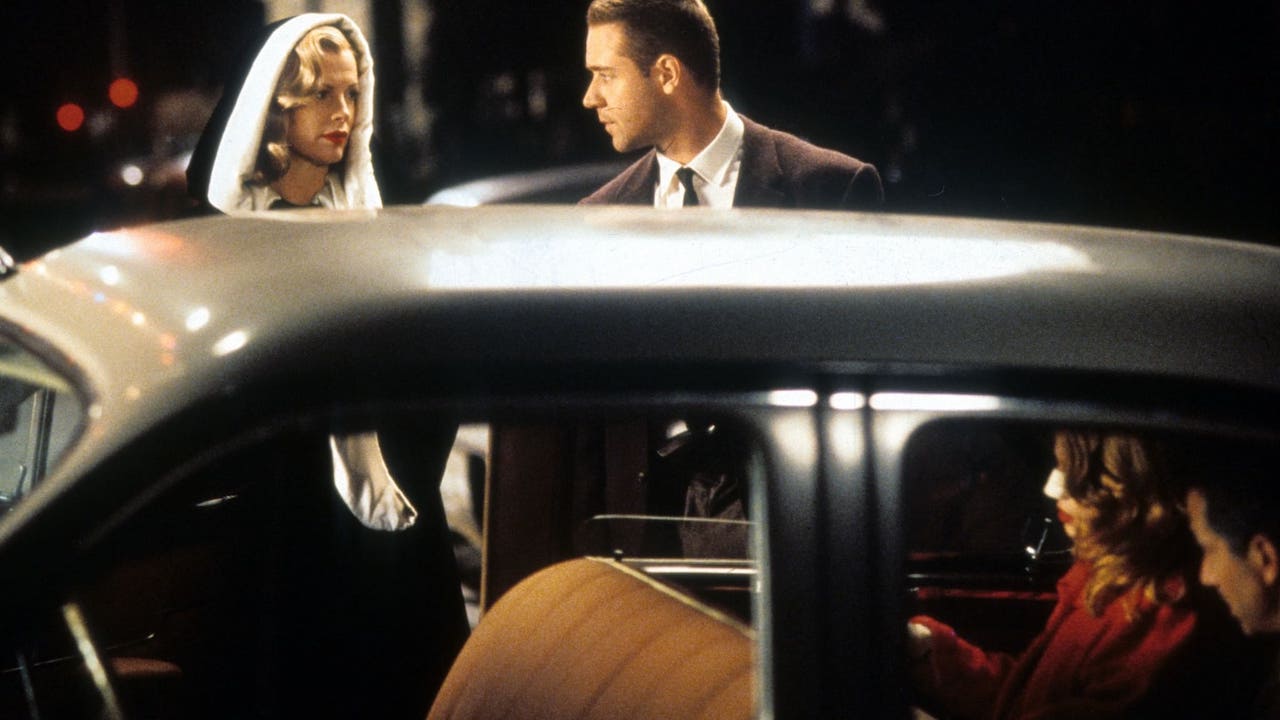
L.A. Confidential (1997)
In Curtis Hanson’s vivid neo-noir portrait of corruption’s hungry breadth, 1950s Los Angeles is a spoiled paradise—all that bleaching sun only makes for corrosively deep shadows. Russell Crowe and Guy Pearce are very different LAPD officers put on a collision course by a brutal multiple murder, with evocative supporting performances from Kim Basinger, Kevin Spacey, and Danny DeVito.
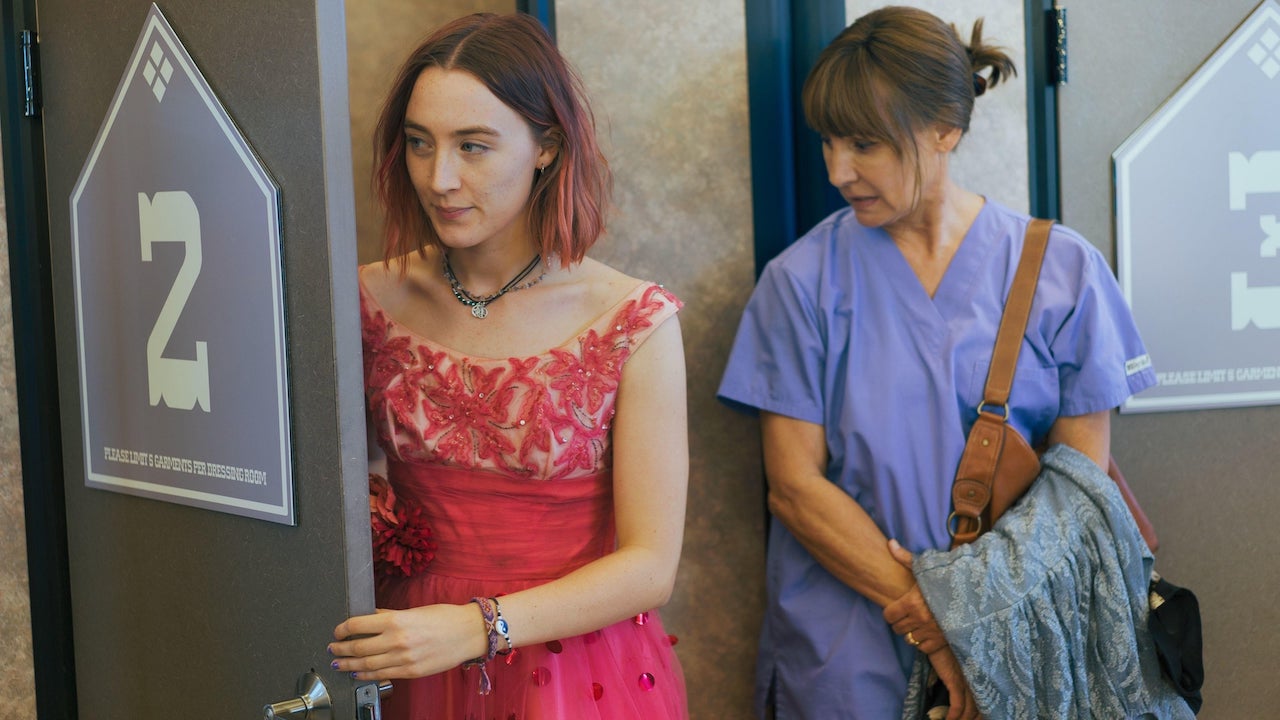
Lady Bird (2017)
Greta Gerwig’s potent ability to get to the heart of a story and see it anew was readily apparent in this jolting, bittersweet coming of age feature, where Saoirse Ronan and Laurie Metcalf play a warring high school student and her pragmatic mother. The supporting cast is incisive, the autobiographical lessons soulfully real.
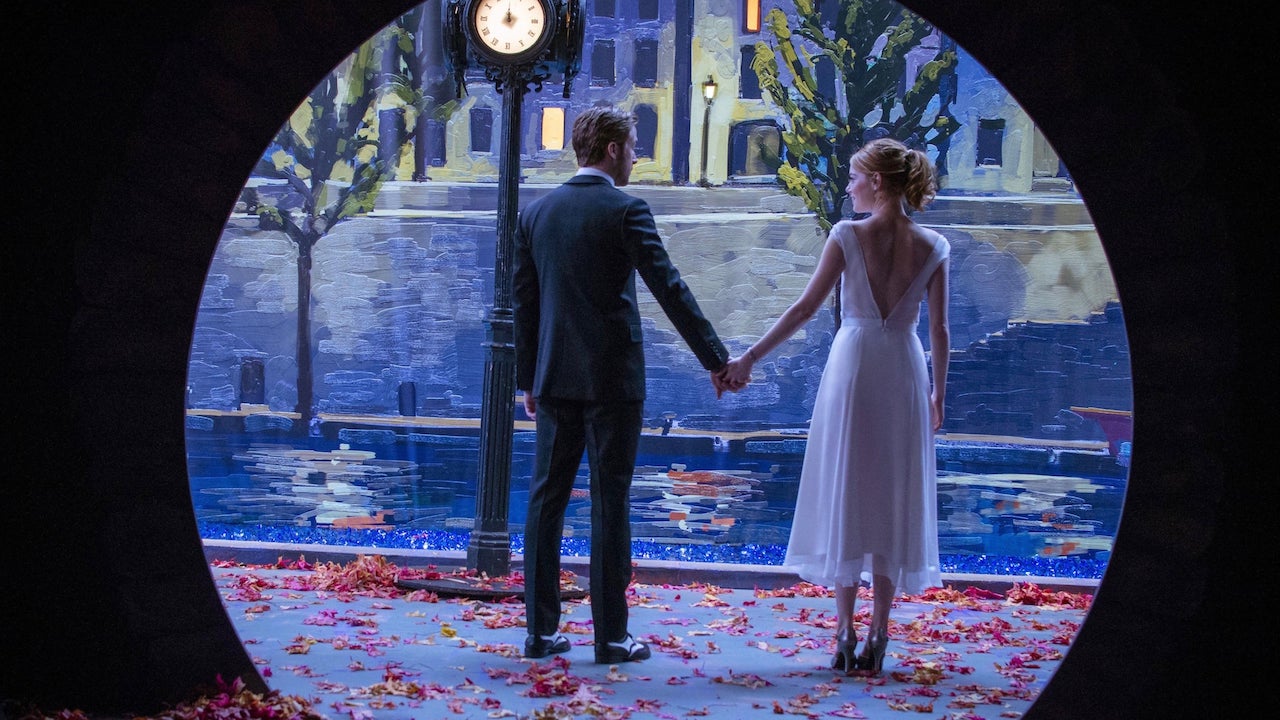
La La Land (2016)
Both incandescent and heartbreaking, Damien Chazelle’s update of the classic Hollywood musical is dazzling but never oppressive—the everyday tips over into the extraordinary as Emma Stone and Ryan Gosling’s Los Angeles hopefuls perform with heart but never mere technical mastery. It’s a film about creative endurance and personal sacrifice that’s both thrilling and enduring.
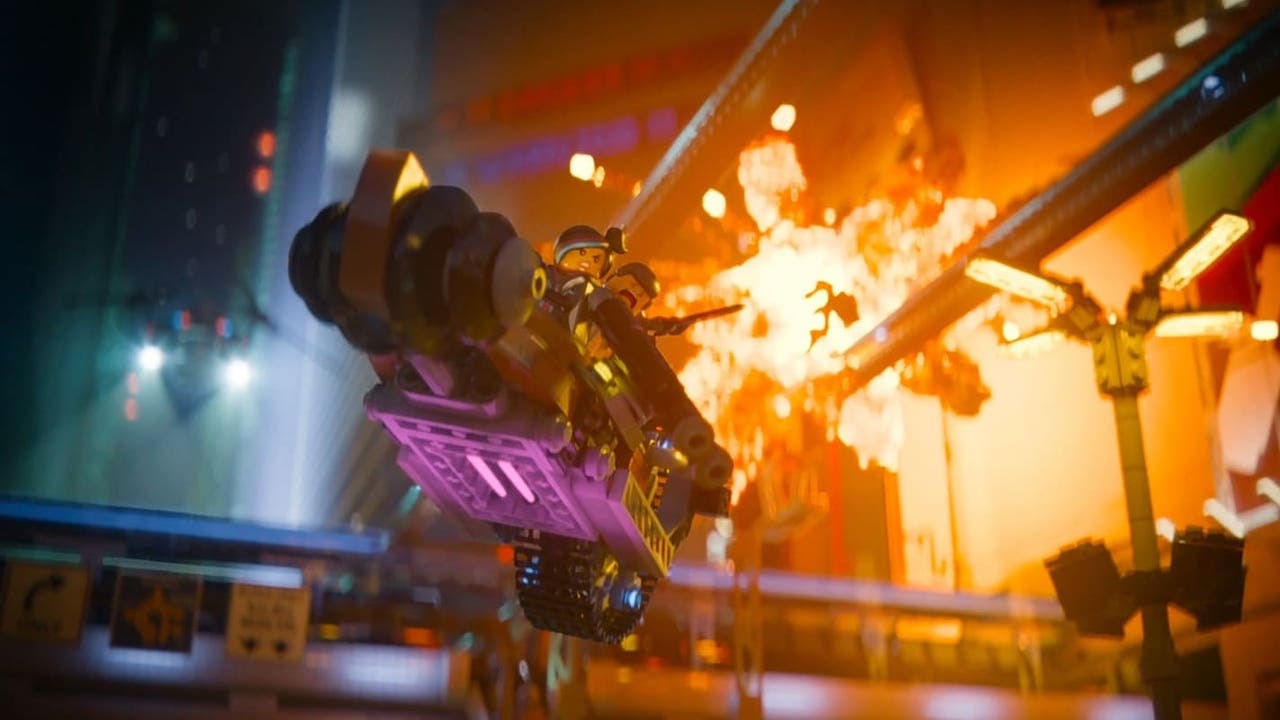
The Lego Movie (2014)
A madcap matrix created by Phil Lord and Chris Miller, this brick symphony is a riot of visual and verbal gags where blocky everyman Emmett Brickowski (Chris Pratt at his most goofily appealing) learns that creativity is right and that corporate tie-ins can be repurposed for hilarious laughs. Blockbuster conventions are busted, while the likes of Elizabeth Banks, Will Arnett, and Liam Neeson add exemplary voice work.
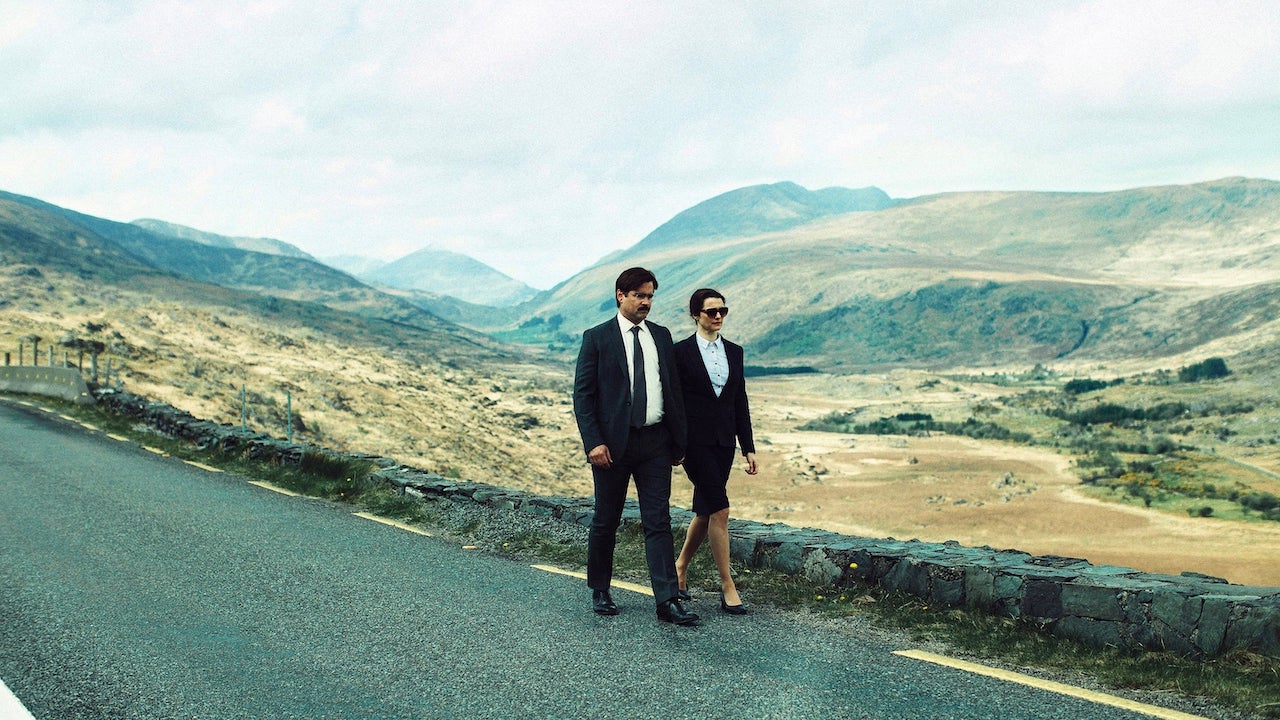
The Lobster (2015)
A dystopian comedy of gloriously deadpan dimensions, the English language debut of Greek filmmaker Yorgos Lanthimos turns relationships into a bureaucratic nightmare as Rachel Weisz, Colin Farrell and Lea Seydoux bring to life a truly cutting vision. It’s savagely sublime.
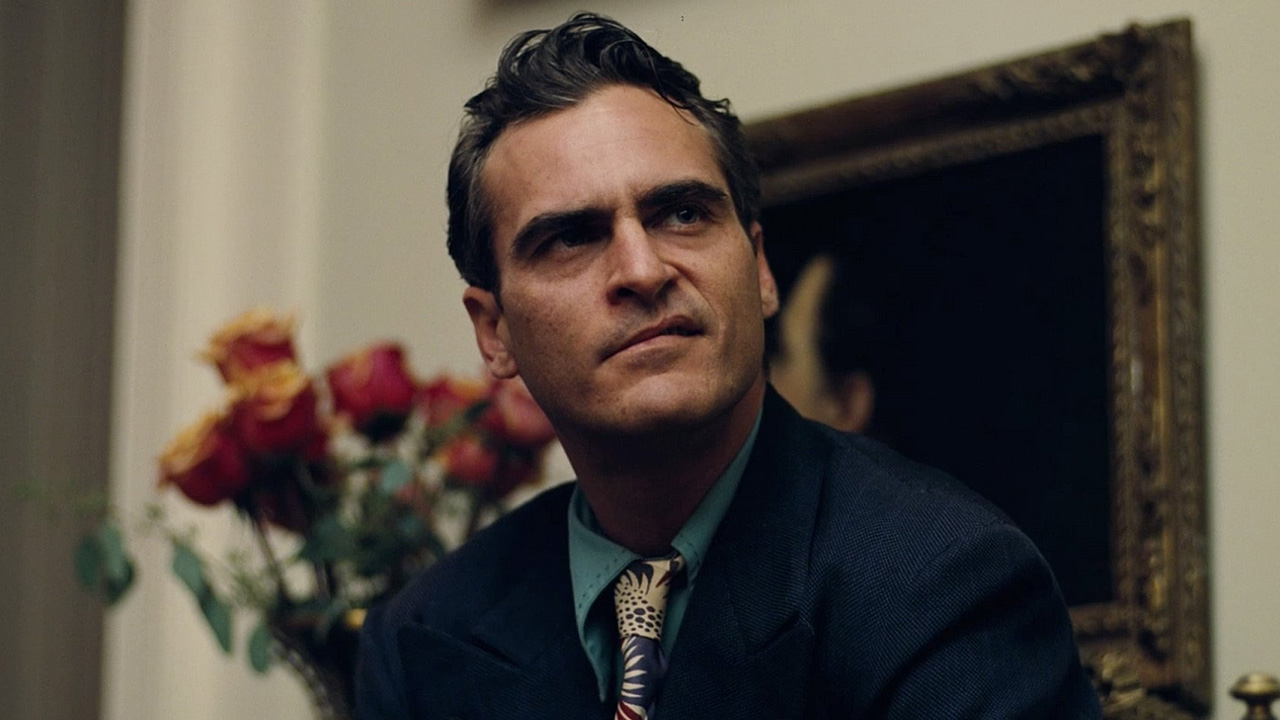
The Master (2012)
Predicated on the repetitive rhythms of persuasion and cult conversion, Paul Thomas Anderson’s sixth film dissected the relationship between a haunted vagrant (Joaquin Phoenix) and a philosopher whose belief system demands adherence (Philip Seymour Hoffman). It’s a thrilling, if sometimes obtuse, drama where the lens subtly shift—Amy Adams as a steely wife makes you wonder anew where the truly power resides.
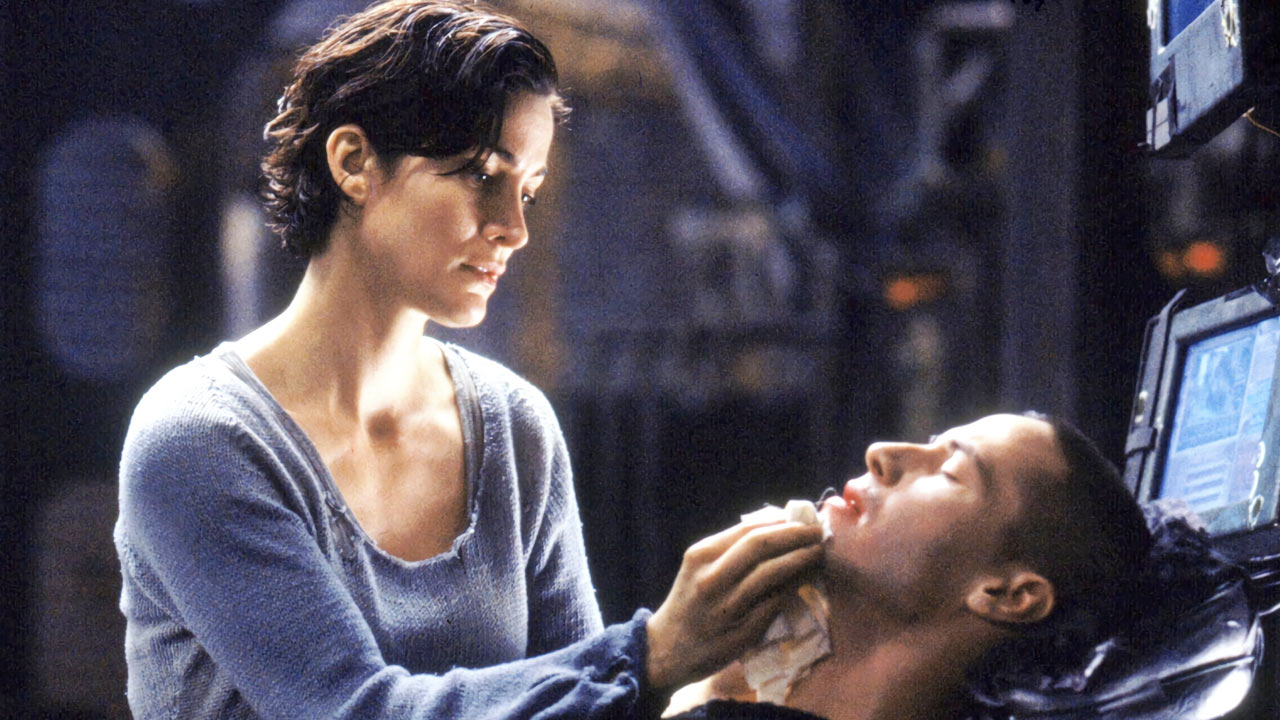
The Matrix (1999)
A game-changer. Made both about and with technology’s power, The Wachowski’s science-fiction blockbuster set in a machine-run future alternately accentuated and abbreviated the action scene’s traditional narrative. Neo (Keanu Reeves) could defy gravity and human reflexes, and the film made his insurrectionary feats into intricate chamber-pieces that still dazzle.
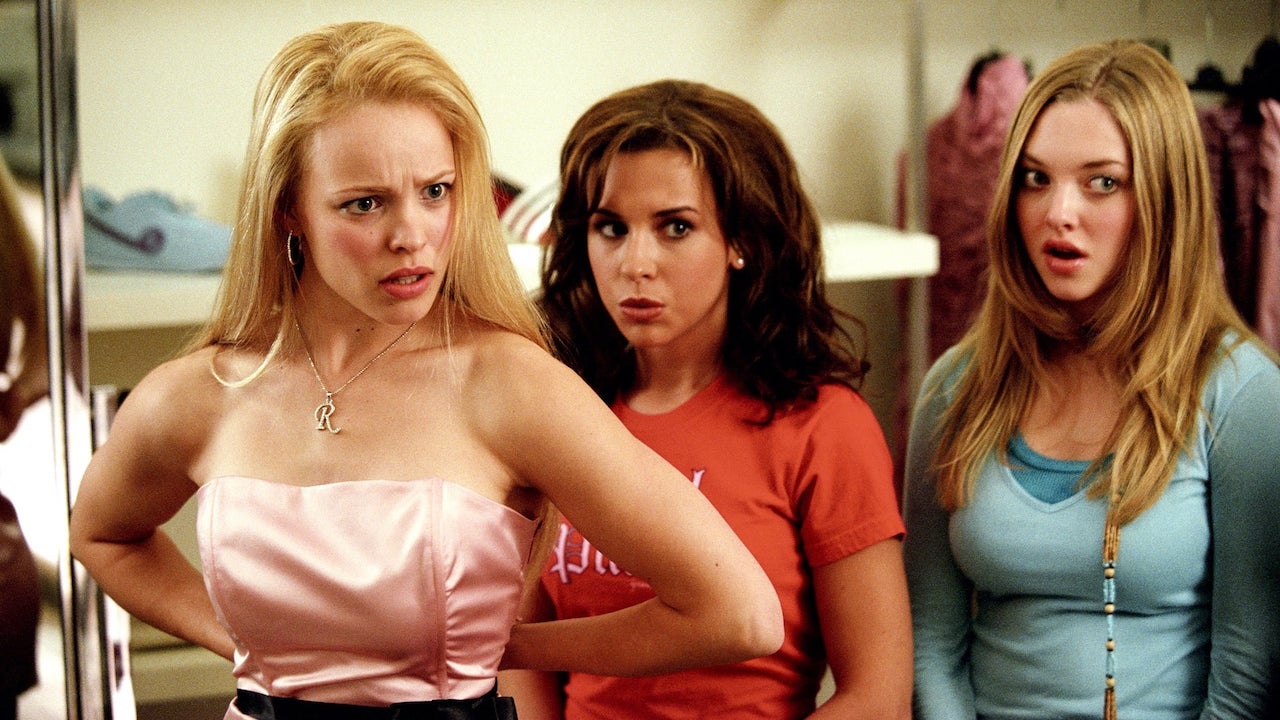
Mean Girls (2004)
Lindsay Lohan was a natural teenage comedienne and she never had better material than this anthropological inquisition into high school cliques penned by Tina Fey, who’s also in the supporting cast. The film has spawned numerous memes and catchphrases, but it’s a vibrant whole that uses satirical extremes and deft twists to reinvent the cafeteria comedy.
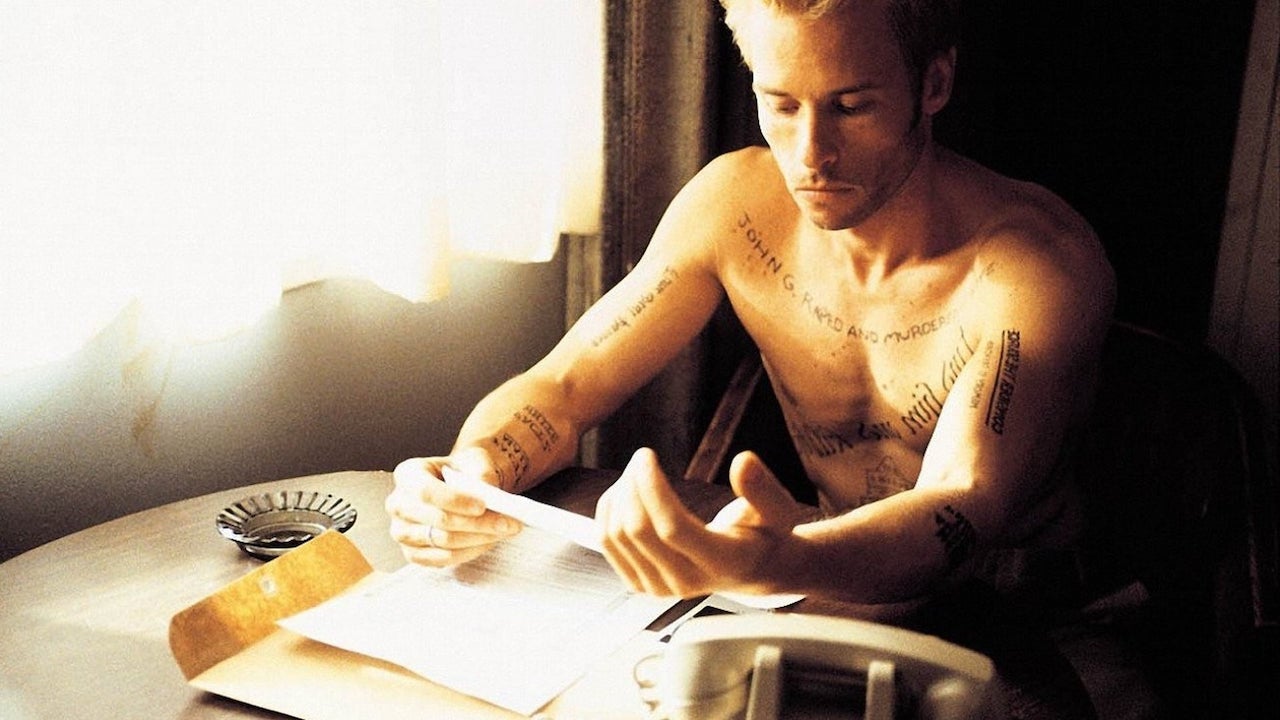
Memento (2000)
In Christopher Nolan’s noir-flecked second feature Guy Pearce is a man whose memory has stopped working, so he tattoos facts on his body even as he worries that outsiders are corrupting him. The picture is run in reverse, each scene followed by the one that chronologically preceded it, giving you the same information as Leonard has—i.e. none—and a sense of how unsettling that is. It’s thrilling puzzle where every piece hurts.
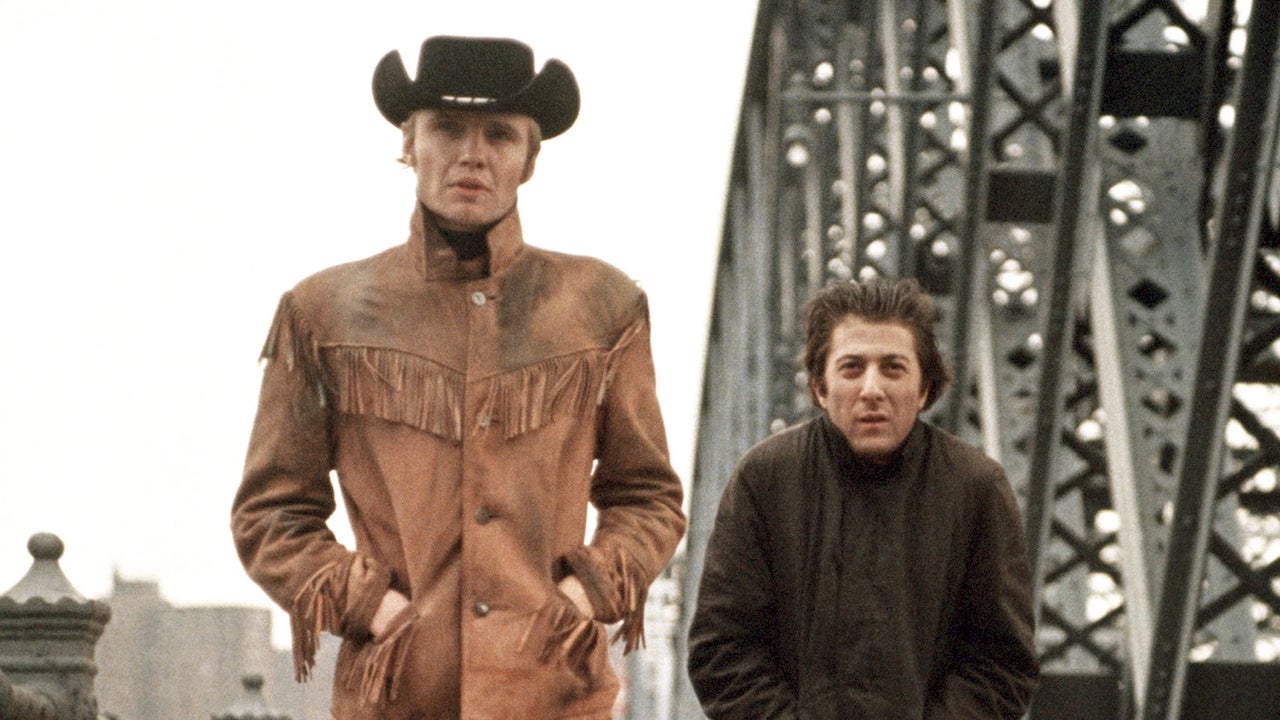
Midnight Cowboy (1969)
As respectively a decaying New York street scammer and a naïvely hopeful gigolo fresh off the bus from Texas, Dustin Hoffman and Jon Voight give a pair of remarkable, and deeply complementary, performances in John Schlesinger’s study of male friendship and unspoken love set against a city of electric highs and jolting lows.
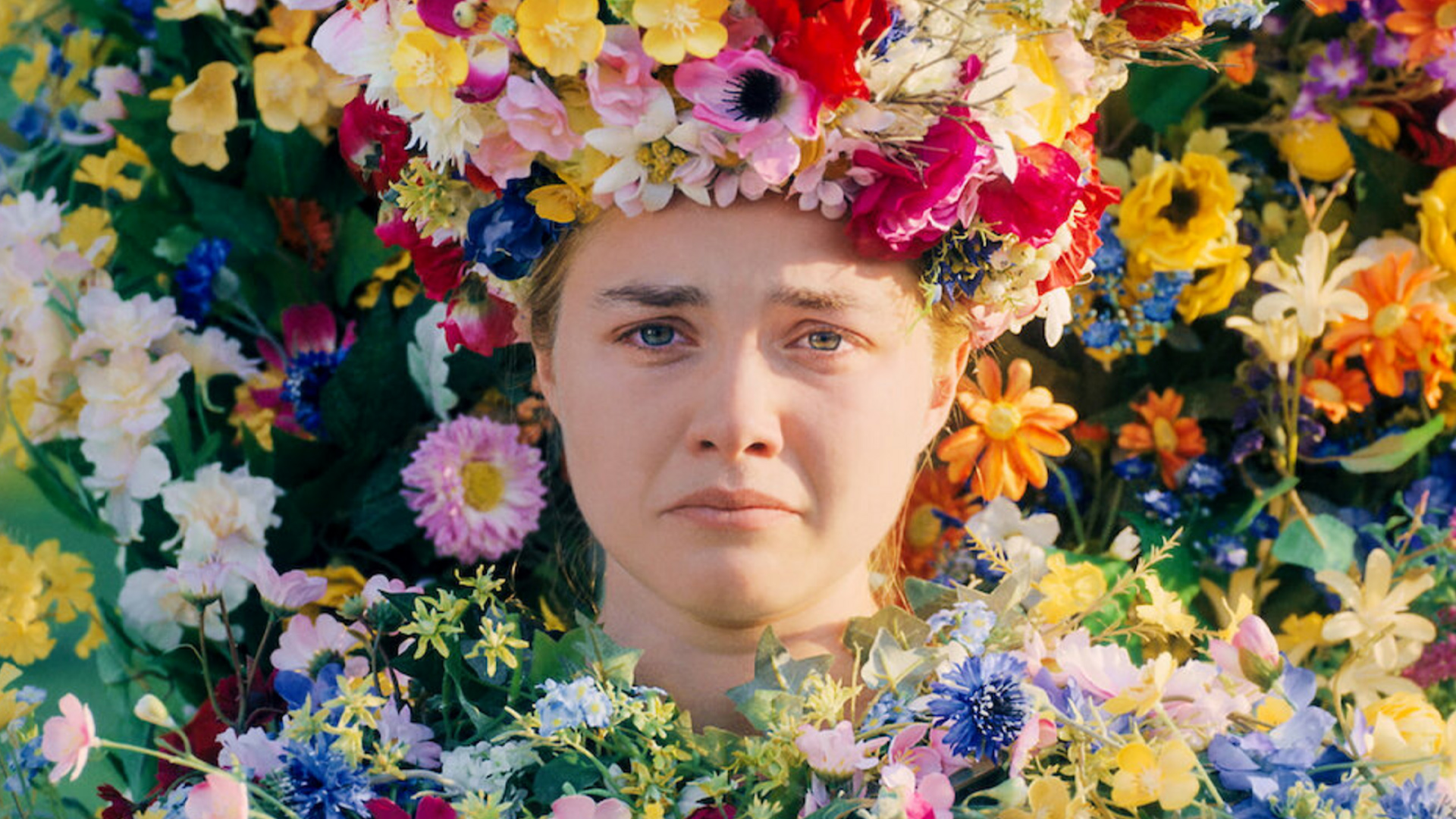
Midsommar (2019)
For his follow-up to Hereditary, Ari Aster transplanted his yen for claustrophobic unease and horrific rituals to a Scandinavian commune whose increasingly disturbing summer festival is the looming backdrop for a young American couple—Florence Pugh and Jack Reynor—to have the reckoning neither can initiate. The tone is calm and ritualistic, the stakes subtly personal.
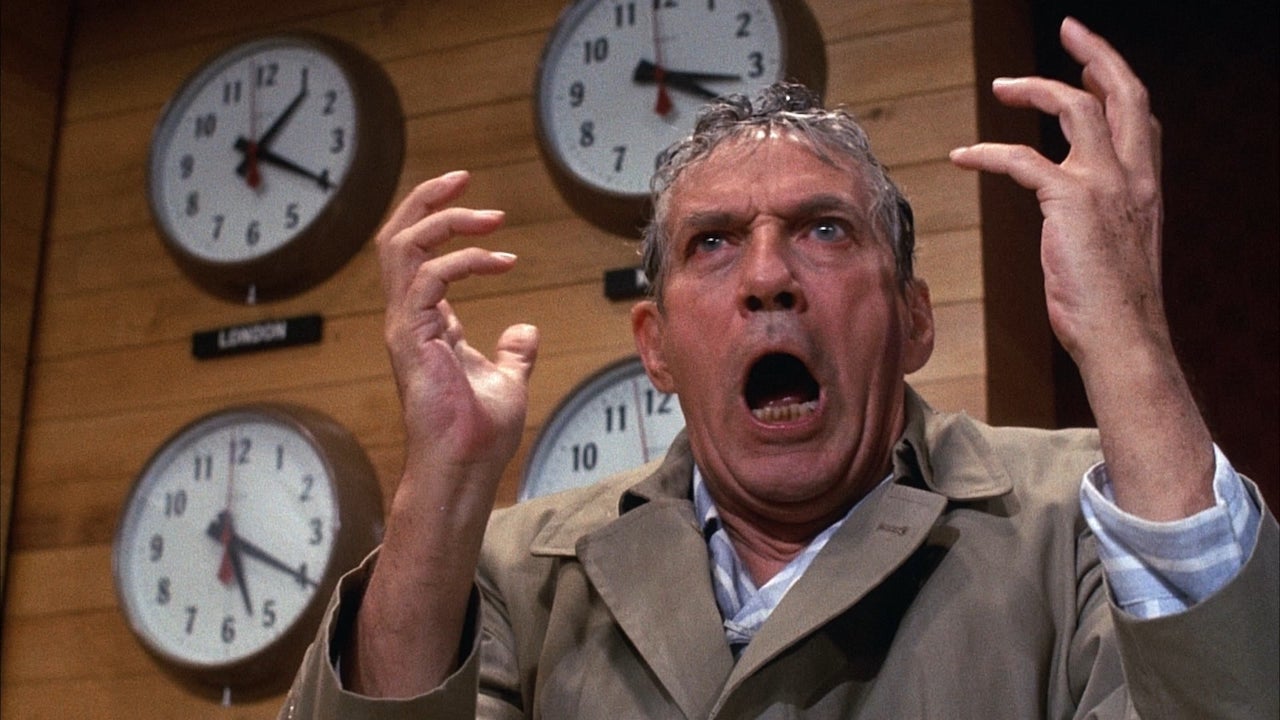
Network (1976)
A savage satire of the mainstream media that has gone from exaggerated to exact over the subsequent and tumultuous decades, as Sidney Lumet charts the resurgence of a fading newsreader (Peter Finch) whose furious rants are put to air by his employers, notably Faye Dunaway’s astute programmer.
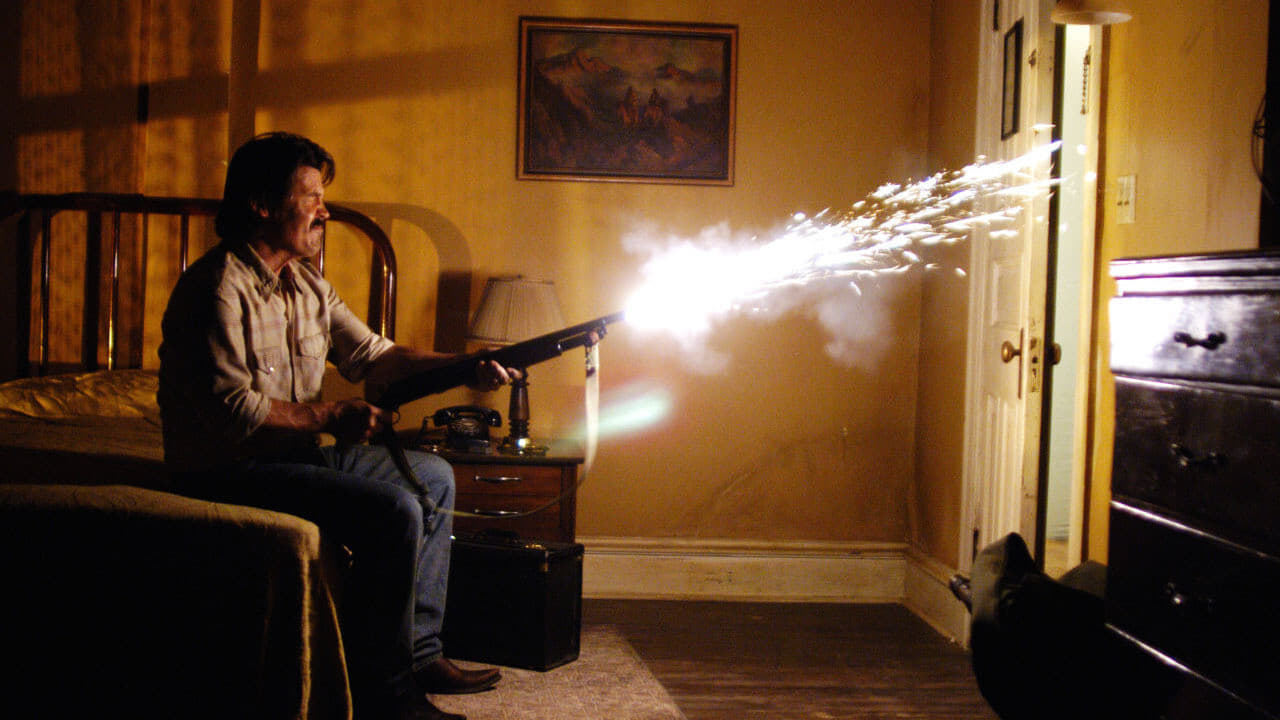
No Country for Old Men (2007)
Set both on the U.S.-Mexican border in 1980 and in a realm of eternal, otherworldly violence, Cormac McCarthy’s novel became a terrifyingly taut neo-western pursuit as a Vietnam War veteran (Josh Brolin) attempts to hold onto drug cartel cash he has found, even while a nightmarish assassin (Javier Bardem) pursues him. Tommy Lee Jones’ closing monologue is the definitive scene in his entire career.
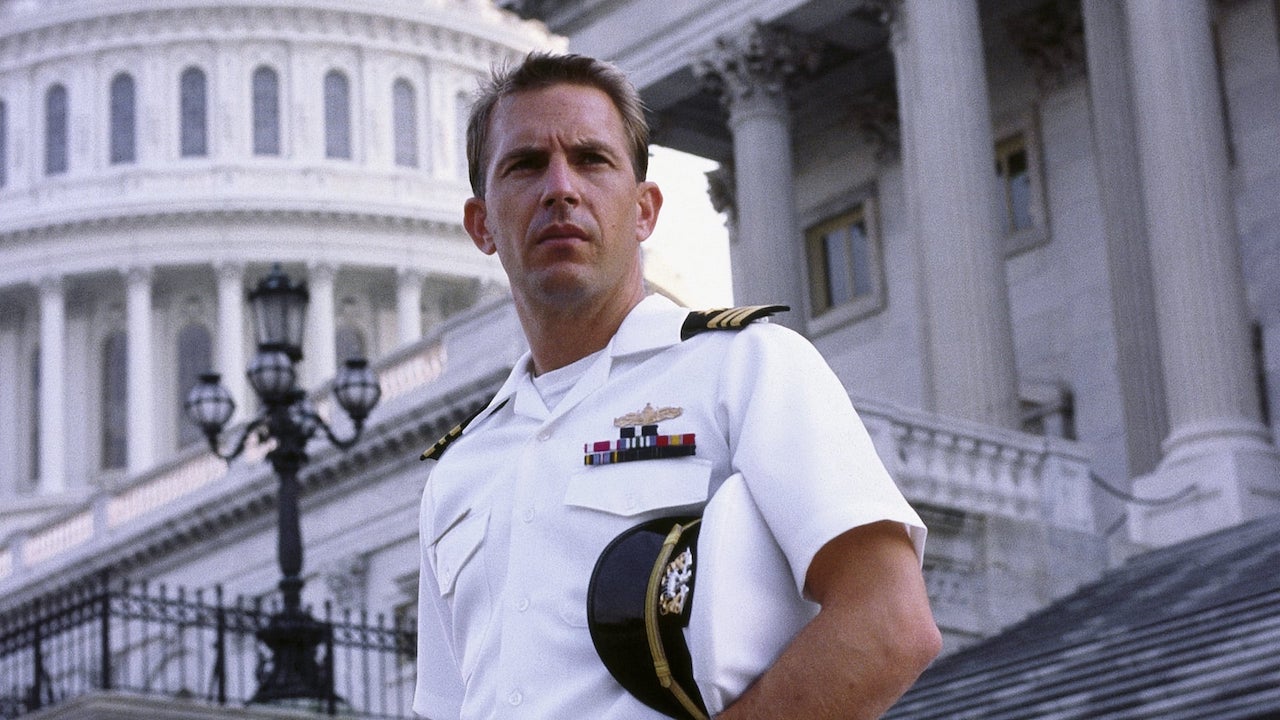
No Way Out (1987)
With a plot point about Soviet deep cover agents that would subsequently underpin The Americans, Roger Donaldson’s romantic thriller is about an American naval officer (Kevin Costner) investigating the murder of his clandestine girlfriend (Sean Young), who was also the mistress of his boss, the Secretary of Defence (Gene Hackman). It is terrifically paced, and realistic about how power protects itself.
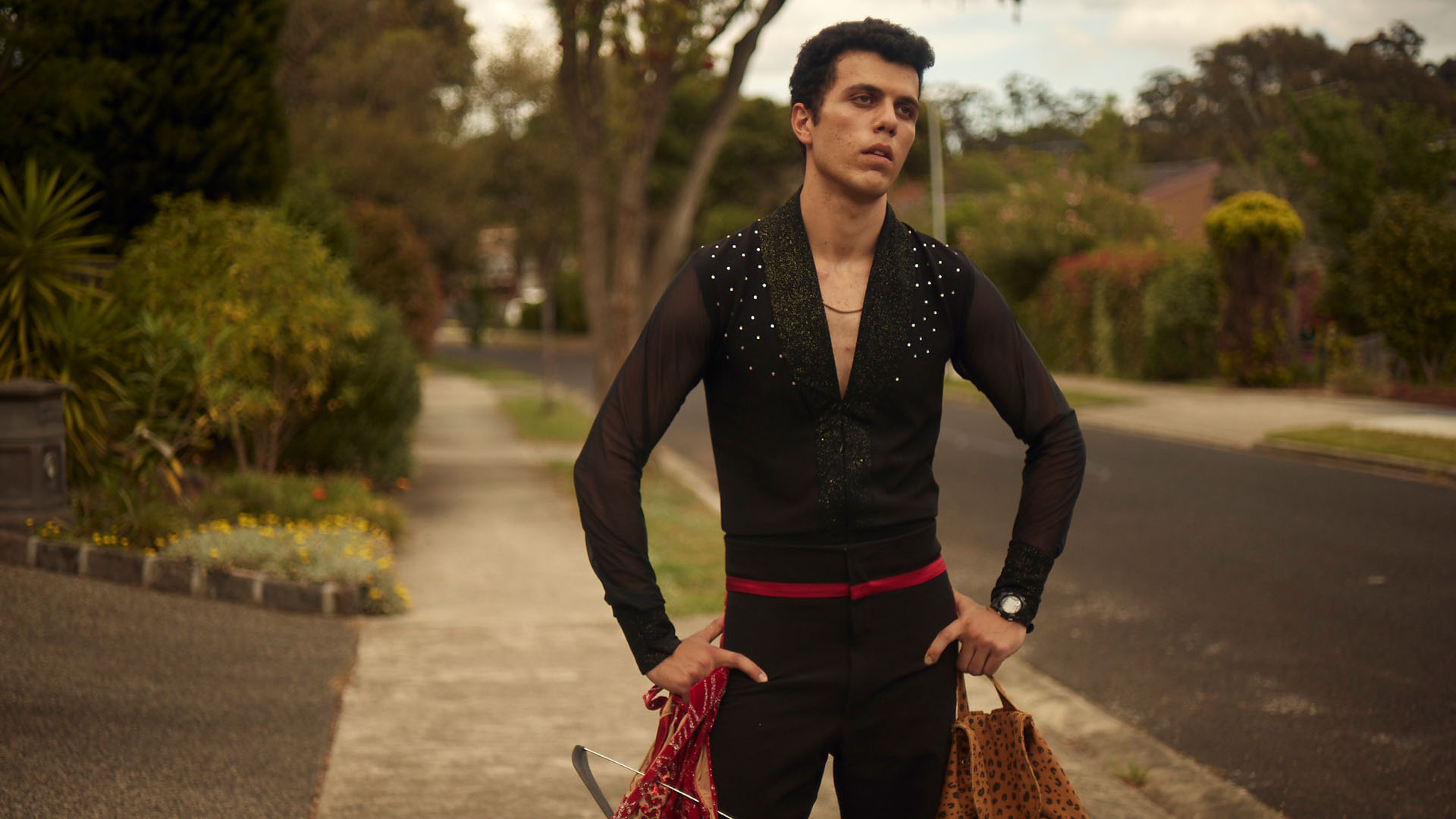
Of An Age (2022)
One of the most exciting new voices in Australian cinema, Goran Stolevski announced himself with the one-two punch of the gripping folk-horror film You Won’t Be Alone and this intimate queer romantic drama. Set in Melbourne’s northern suburbs, it tracks the bond discovered between Nikolal (Elias Anton) and Adam (Thom Green), which unfolds with the thrill of discovery and the risk of loss.
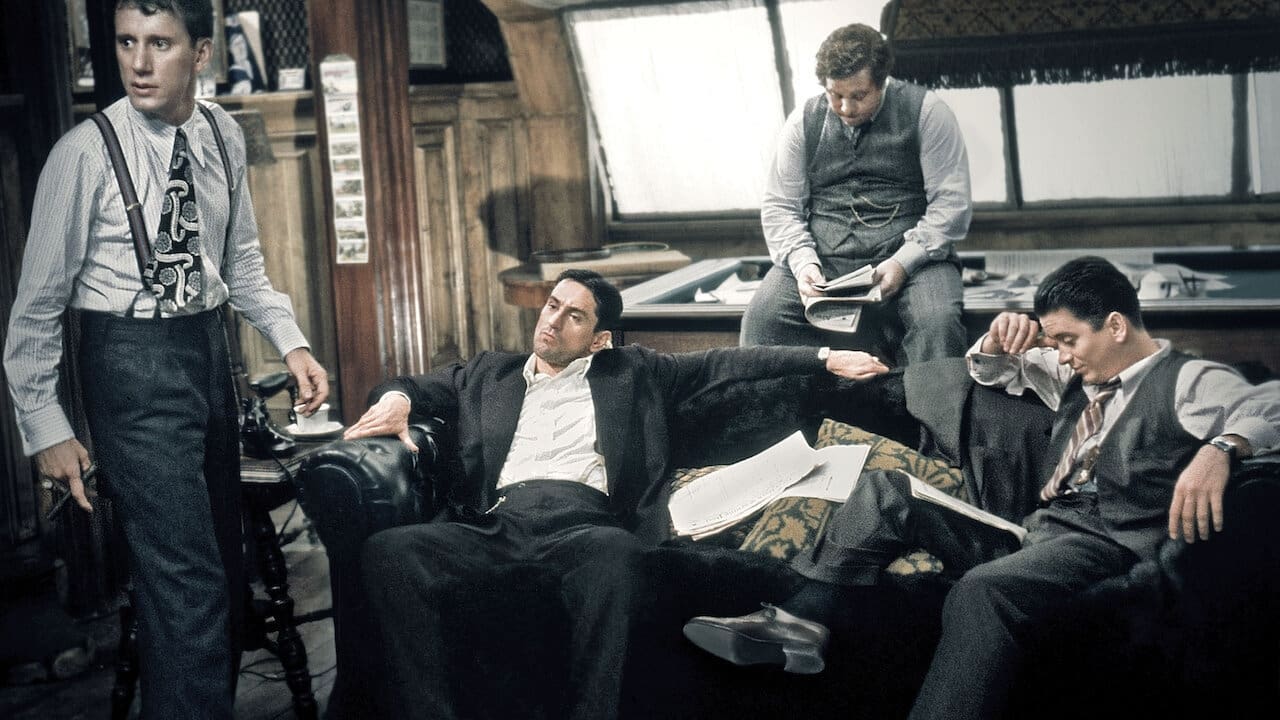
Once Upon a Time in America (1984)
At 229 minutes, this is the cut of Sergio Leone’s gangster epic that the revered Italian filmmaker originally submitted for his final film. Robert De Niro and James Woods play Prohibition mobsters, matched through illuminating flashbacks as penniless childhood from New York’s slums, in a richly textured vision of American greed and violence.
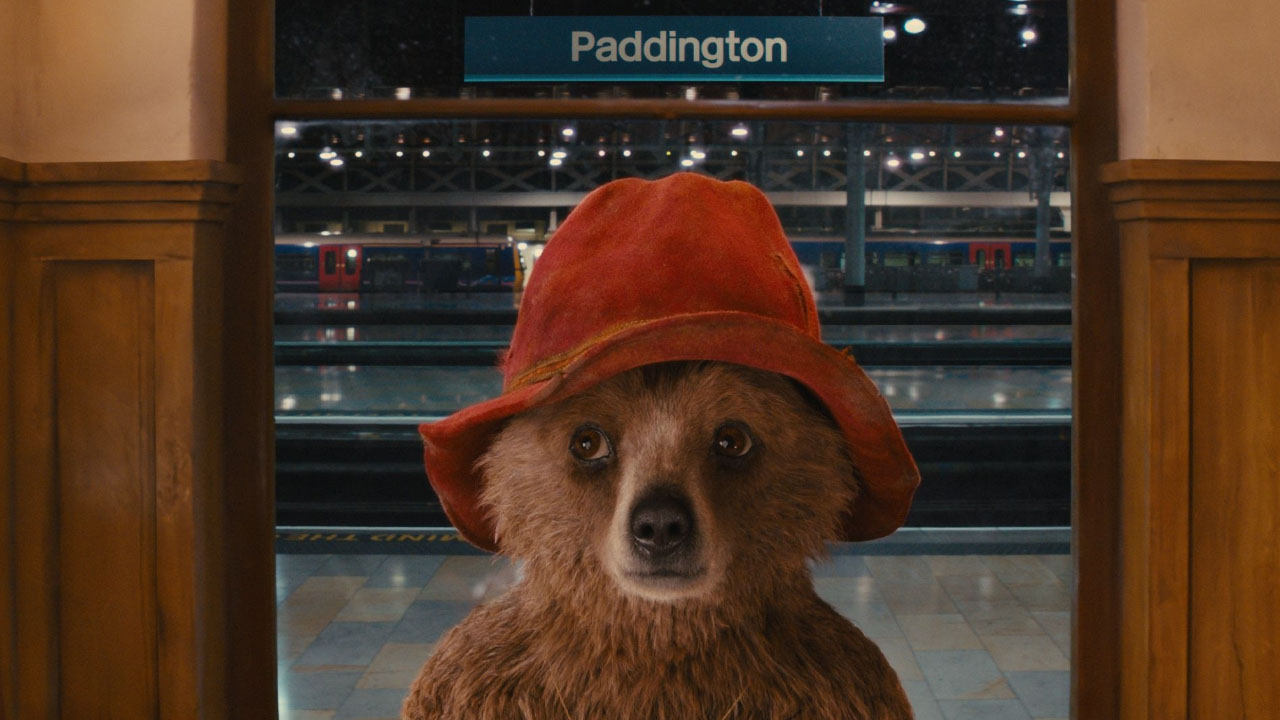
Paddington (2014)
The best family film of the last decade, rich with inviting design and repellent of xenophobia, allows the gentle antics of a Peruvian bear new to London (voiced by Ben Whishaw) to save a family, bestow a purpose, and defy Nicole Kidman’s cartoonish villain. An absolute delight.
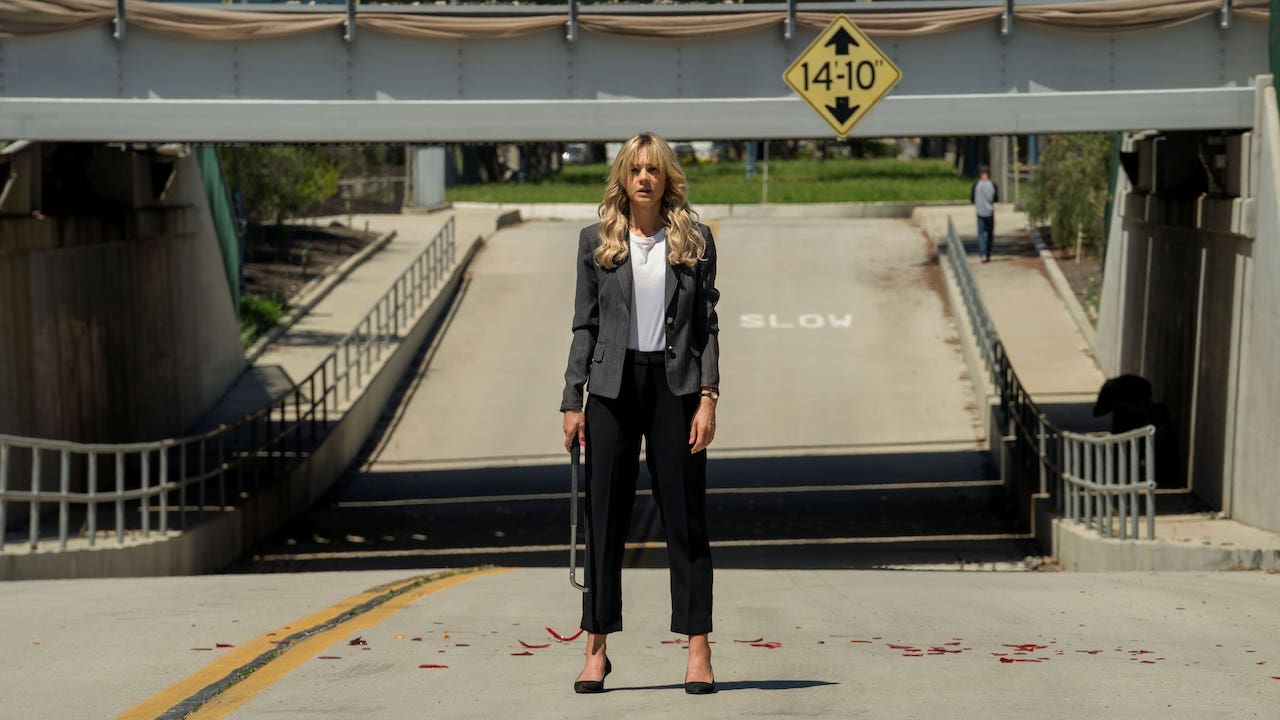
Promising Young Woman (2020)
Writer/director Emerald Fennell’s debut feature has an exacting command of tone: a black comedy that serves as a cultural inquisition, romantic tropes that have nightmarish outcomes. Unfolded through trauma’s hold, it follows Carey Mulligan’s Cassandra, who presents herself to men as a vulnerable victim and then takes command. Retribution and reconciliation have no chance to coexist here.

Sicario (2015)
A horror film told through female endurance, Denis Villeneuve’s crime thriller stars Emily Blunt as an FBI door-kicker seconded to a drug cartel task force, menacingly staffed by Josh Brolin and Benicio Del Toro. Her purpose is at odds with her belief and, ultimately, her safety.
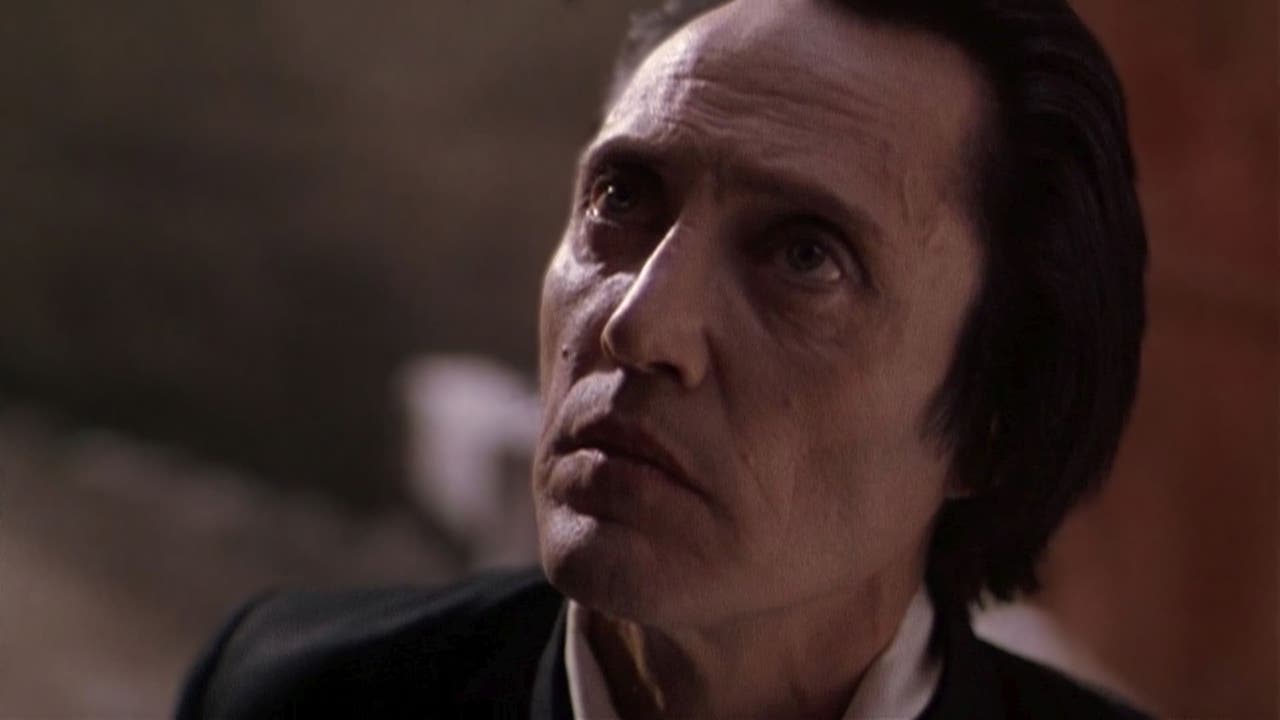
The Prophecy (1995)
A pulpy, expert Old Testament thriller, this B-movie follows a police detective (Elias Koteas) who finds himself part of the civil war for God’s approval raging between angels. With Christopher Walken as a perfectly malevolent Archangel Gabriel, the film has a mordant sense of humour and a menacing tone—keep an eye out for a now famous actor as a lurking Lucifer.
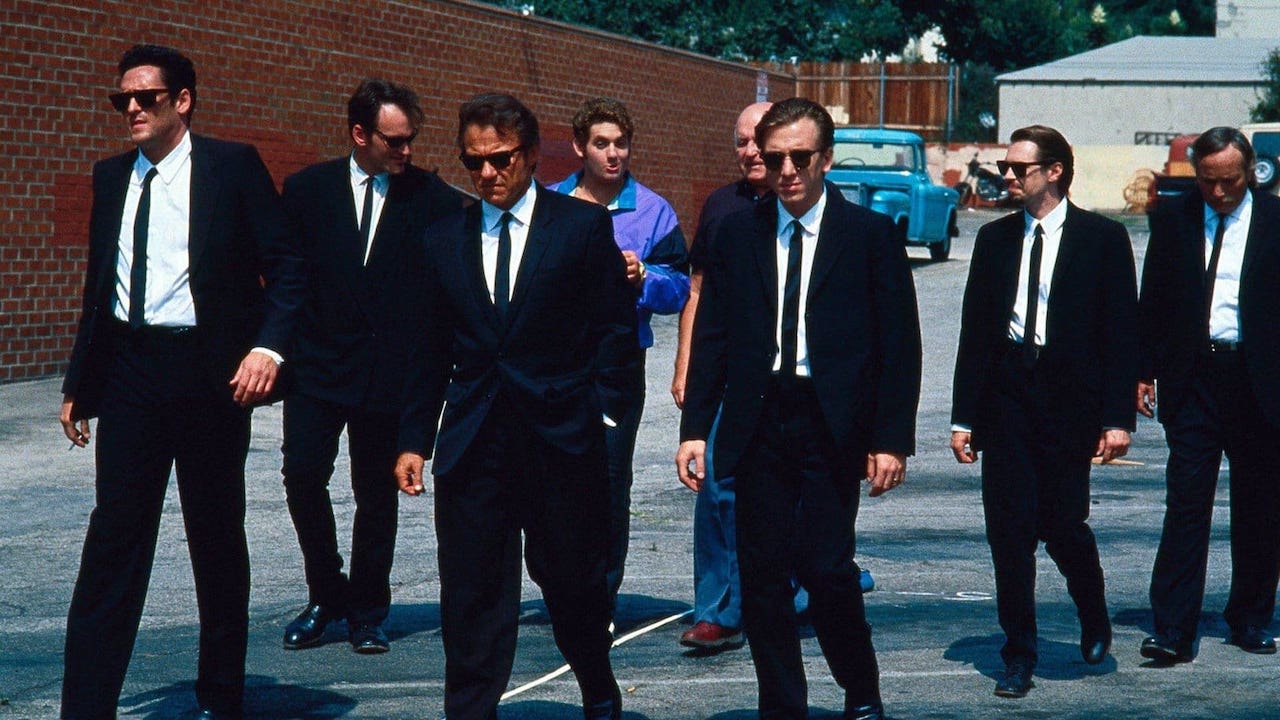
Reservoir Dogs (1992)
A jump start to the failing heart of the crime movie upon release, Quentin Tarantino’s low-budget debut fused—like a skilled accomplice—everything from Hong Kong action beats, existential French gangster dramas, and a fresh spin on hardened Hollywood heavies. Set in the aftermath of a never-seen heist gone wrong, it messed with narrative structure and movie niceties. A complete tonic.
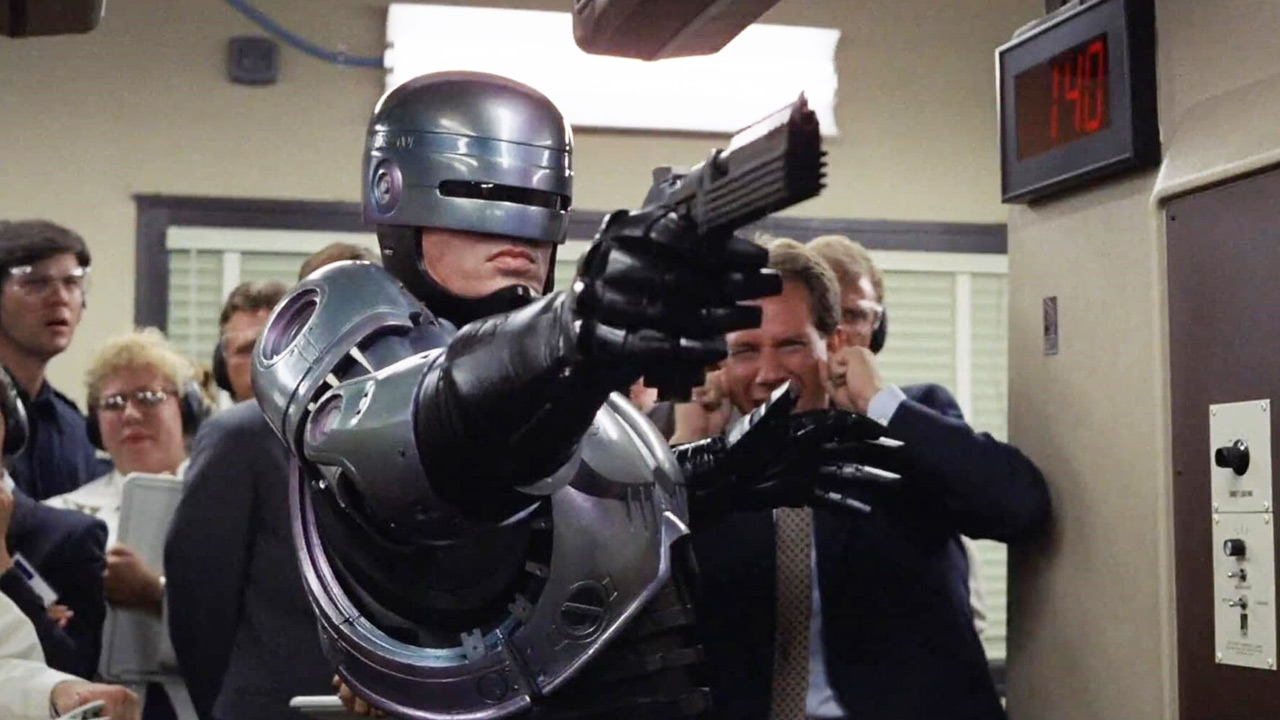
Robocop (1987)
The original and definitely the best, Paul Verhoeven’s delight in American excess imagines a near future where crime-ridden streets are cleaned up by a police officer (Peter Weller) reborn as a cyborg and serving a corporation. Satire has rarely been so violent.
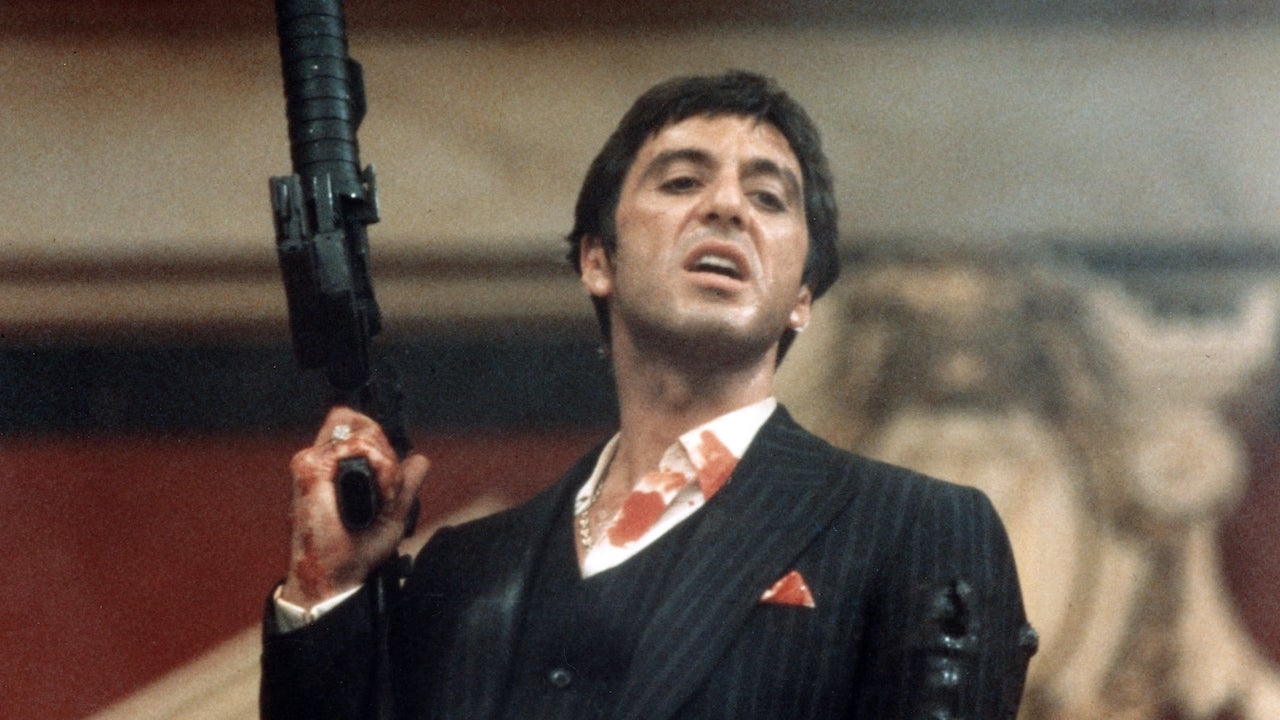
Scarface (1983)
Written by Oliver Stone and directed with bloody relish by Brian De Palma, this update of the immigrant criminal’s rise and fall makes great use of Miami and the cocaine trade in the early 1980s. The film finds every garish angle in the bloody rise of Al Pacino’s Tony Montana, with Michelle Pfeiffer as a mercenary mistress from the disco age. The movie suggests violence is the obvious outcome of unfettered capitalism.
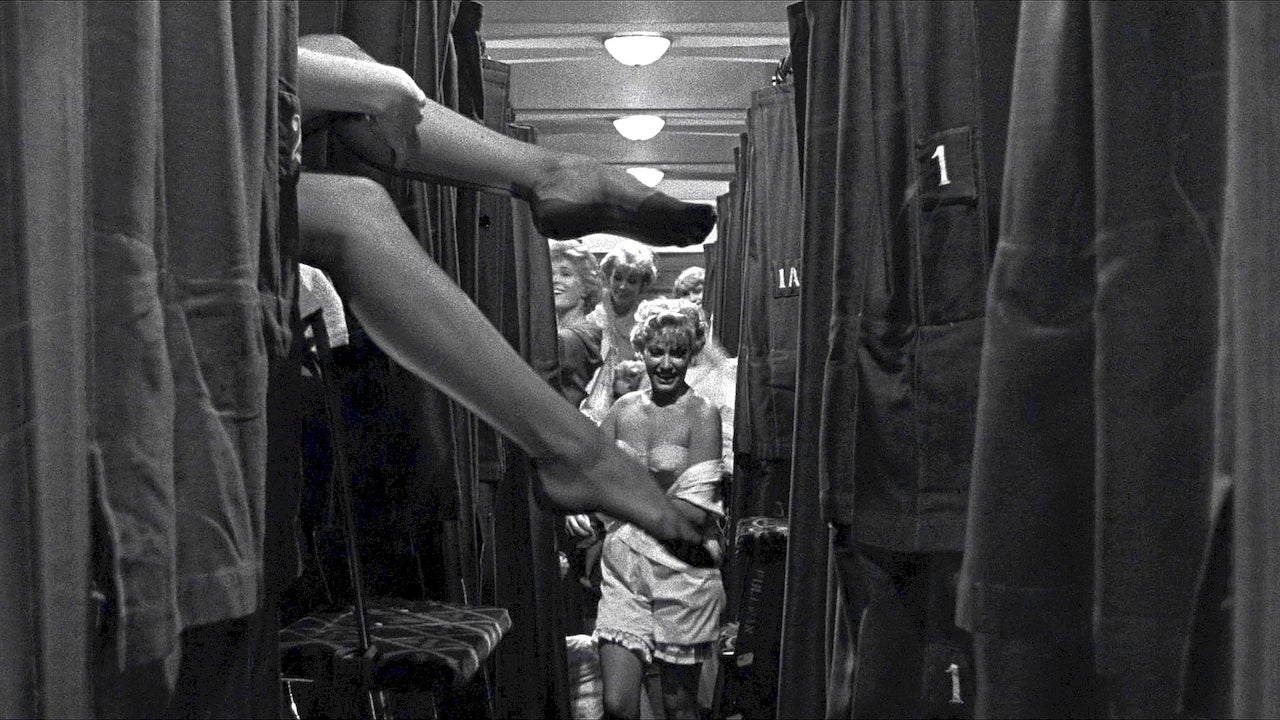
Some Like it Hot (1959)
Masterfully assembled down to the famous final line, Billy Wilder’s classic black and white comedy about the pliability of identity and the truths discovered through deception has a whirring plot, hilarious encounters, and whip-cracking verbal exchanges. Jack Lemmon and Tony Curtis played Prohibition-era musicians fleeing gangsters who don drag and fall in with a female band, including Marilyn Monroe’s vocalist.
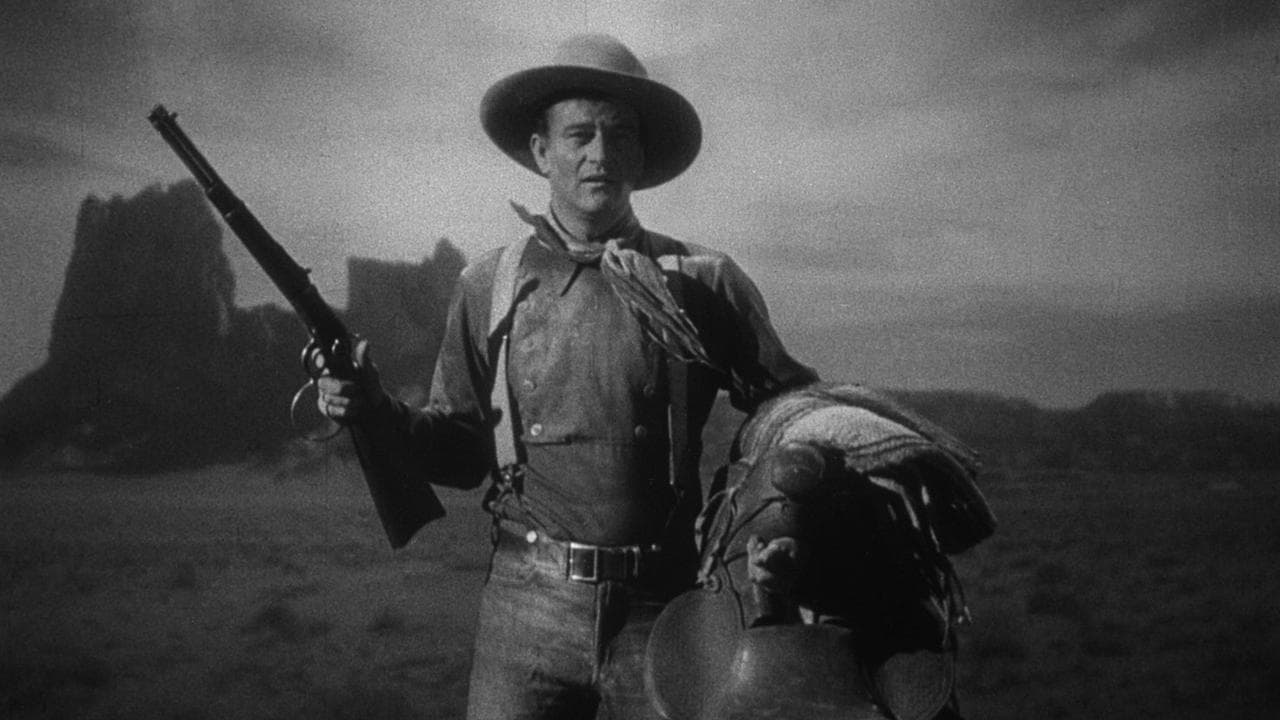
Stagecoach (1939)
The film that made John Wayne a star and brought director John Ford back to the Western, Stagecoach was a hit on release and remains a touchstone frontier tale as a disparate group of passengers—including a Wayne’s captured criminal the Ringo Kid and Claire Trevor’s sex worker Dallas—prove who they really are on an increasingly treacherous journey. Some elements are outdated tropes now, but the filmmaking is impeccable.
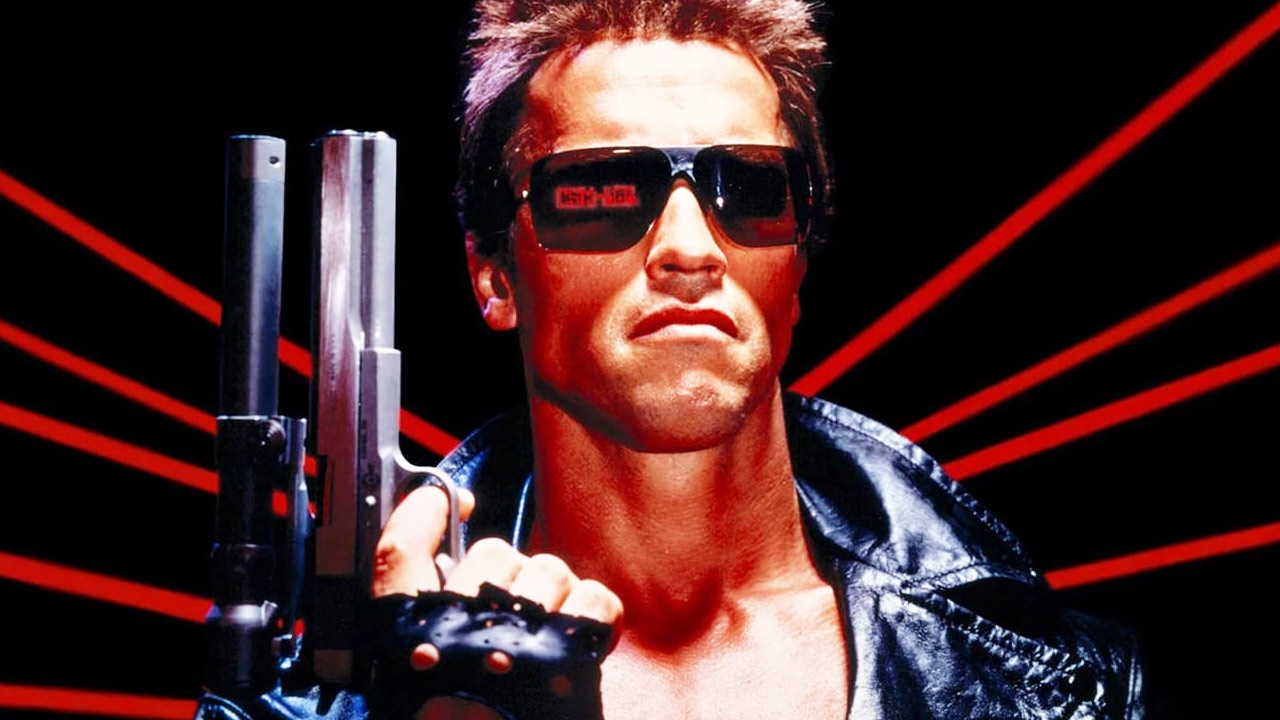
The Terminator (1984)
Forget the sequels. James Cameron’s lean, pulsating B-movie, made cheap and propulsive, is still a science-fiction classic that made perfect use of Arnold Schwarzenegger as the relentless cyborg from an apocalyptic future pursuing Linda Hamilton and Michael Biehn’s desperate fugitives.
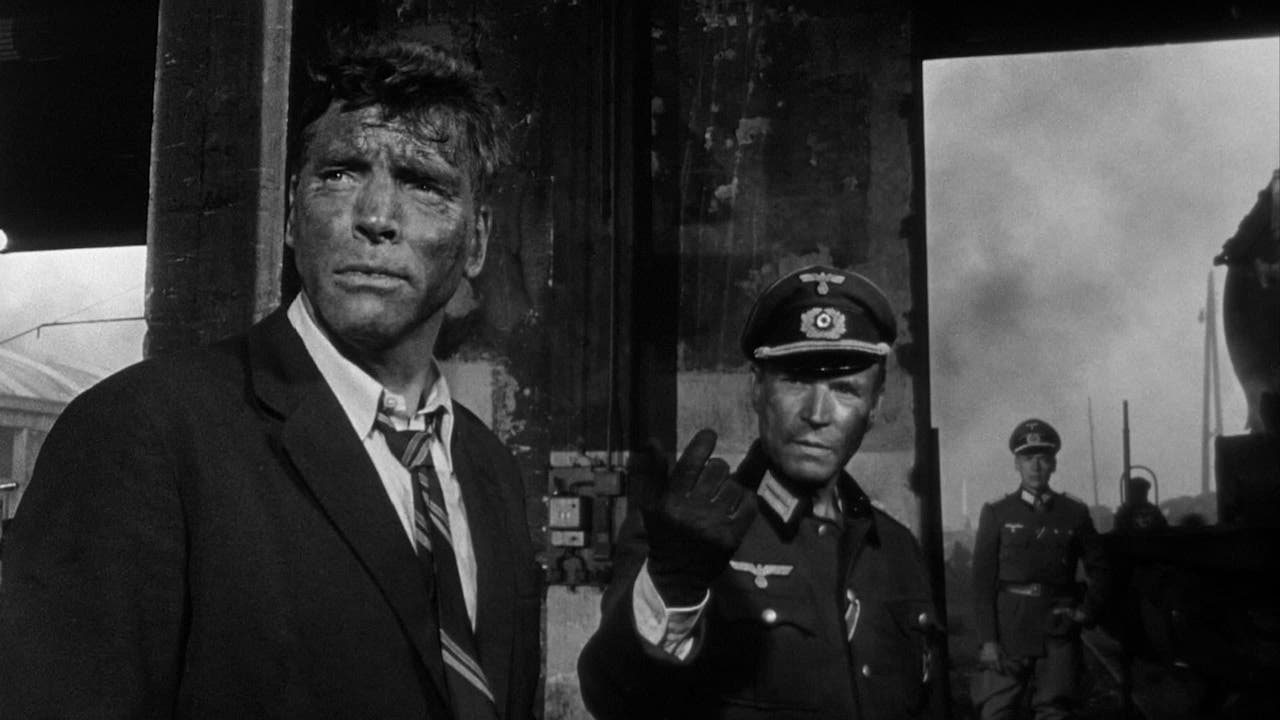
The Train (1964)
Shot on location in France with physical effects—those are real trainwrecks and explosions—this World War II action-thriller stars Burt Lancaster as a resistance leader trying to stop fleeing Nazis escaping with looted museum masterpieces. Director John Frankenheimer (hired after Lancaster had Arthur Penn fired) mixes a muscular momentum with bittersweet sentiment. Just what is your life worth?
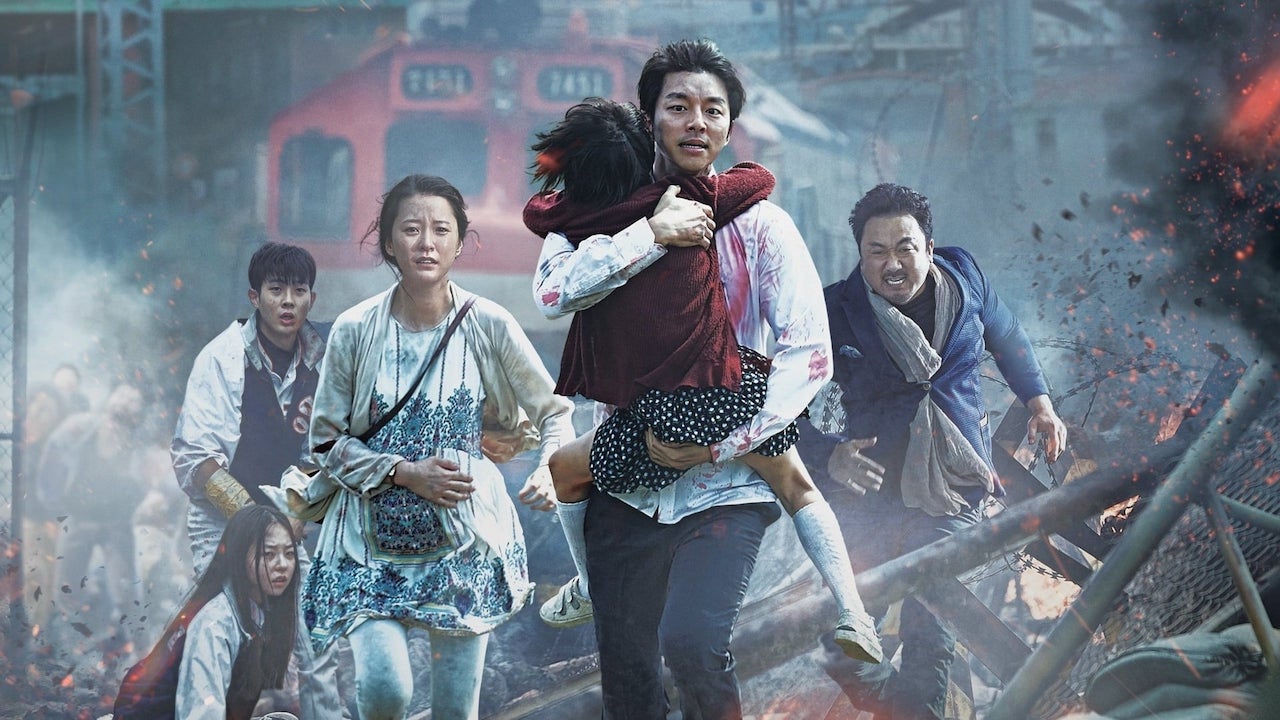
Train to Busan (2016)
This South Korean zombie apocalypse thriller has a bracing momentum, beginning with a high-speed train pulling away from the platform just as flesh-hungry zombies spill onto the platform. Facades and distinctions fall as passengers struggle to stay alive through ingenious set pieces.
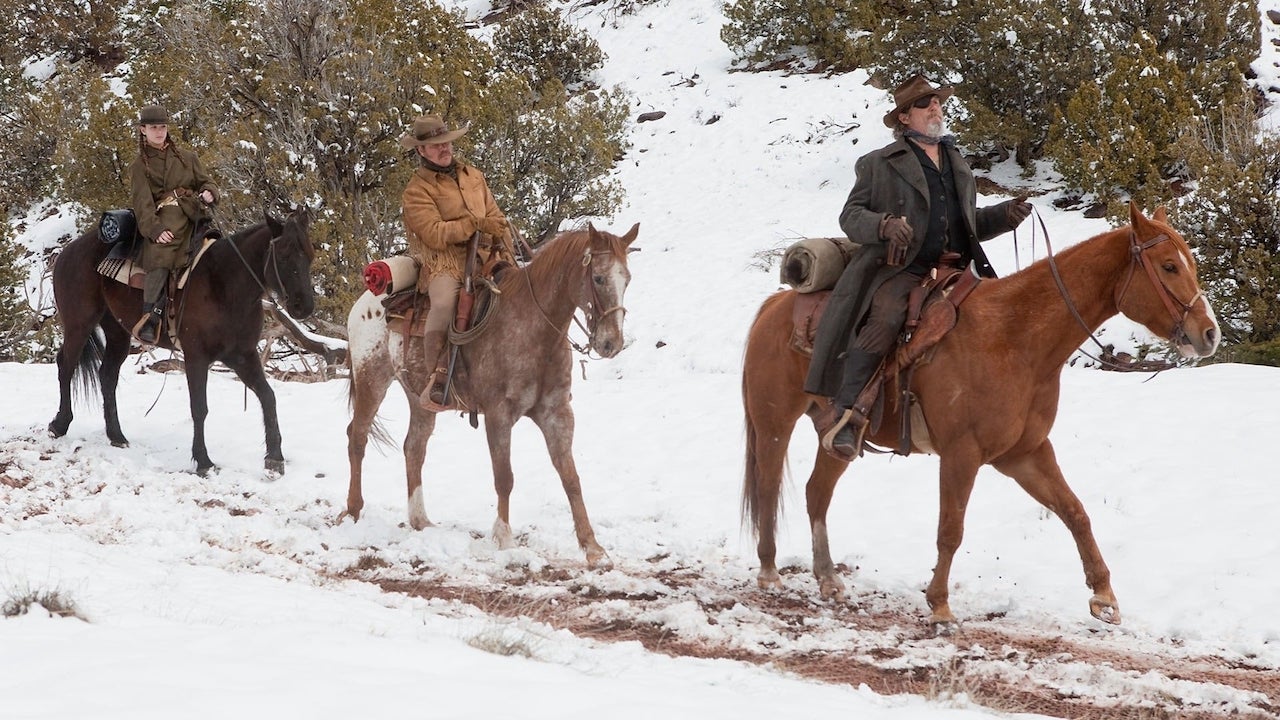
True Grit (2010)
Joel and Ethan Coen played a straight bat with this western, sticking close to Charles Portis’ 1968 novel as opposed to the 1969 film starring John Wayne, and it played like a treat thanks to an ornery performance from Jeff Bridges and a mix of dry humour and bloody adventure. “Why did they hang him so high?” Hailee Steinfeld’s Mattie asks Bridges’ Rooster Cogburn as they gaze upon gallows. “Possibly in the belief that it would make him more dead,” he replies.
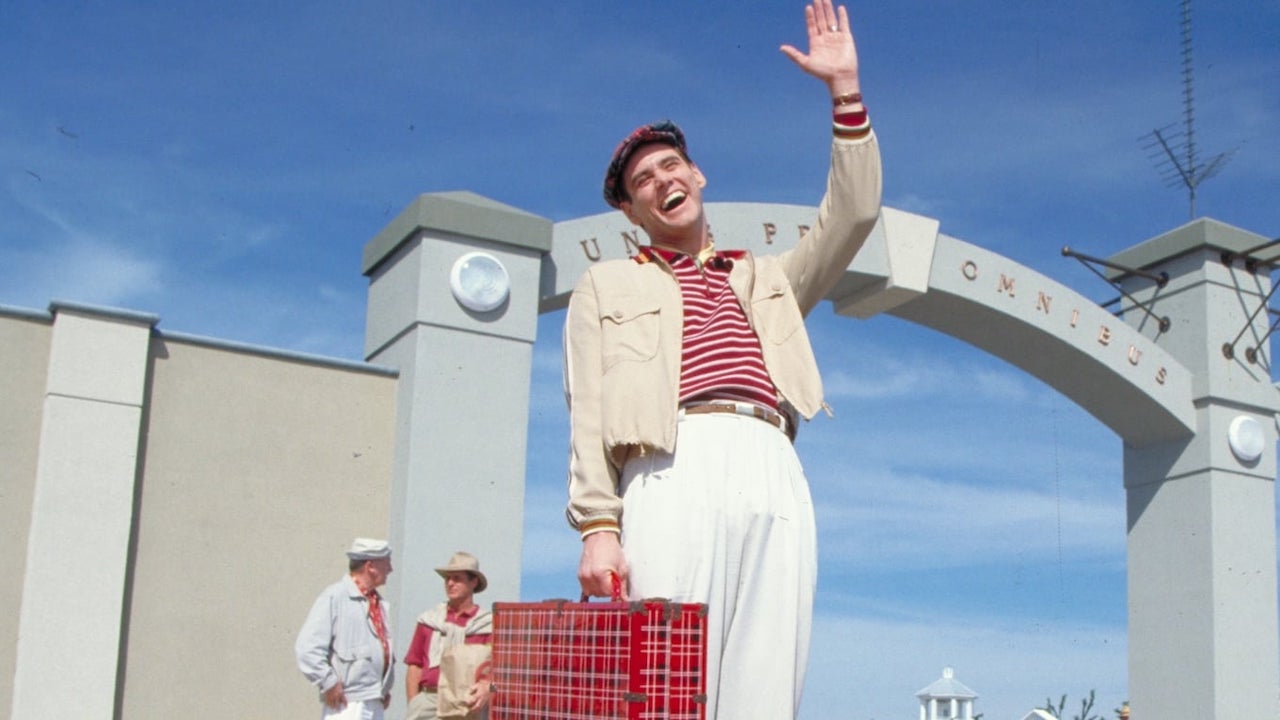
The Truman Show (1998)
Peter Weir’s masterful comic drama, about a man raised from birth to unknowingly live inside a reality television show masquerading as his life, reveals more with each viewing. Jim Carrey is the titular Truman Burbank, whose staged days are a ratings phenomenon even as his unfulfilled existence moves from melancholy to anger, and his God-like creator (Ed Harris) and fake wife (Laura Linney) try to corral him.

